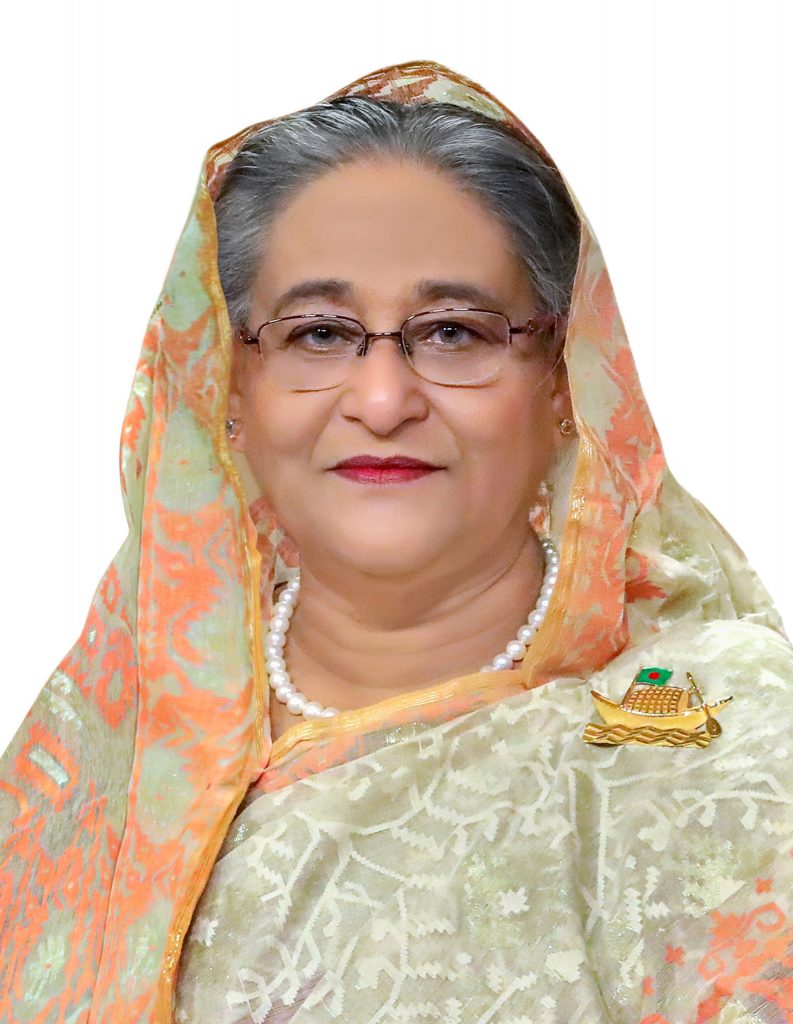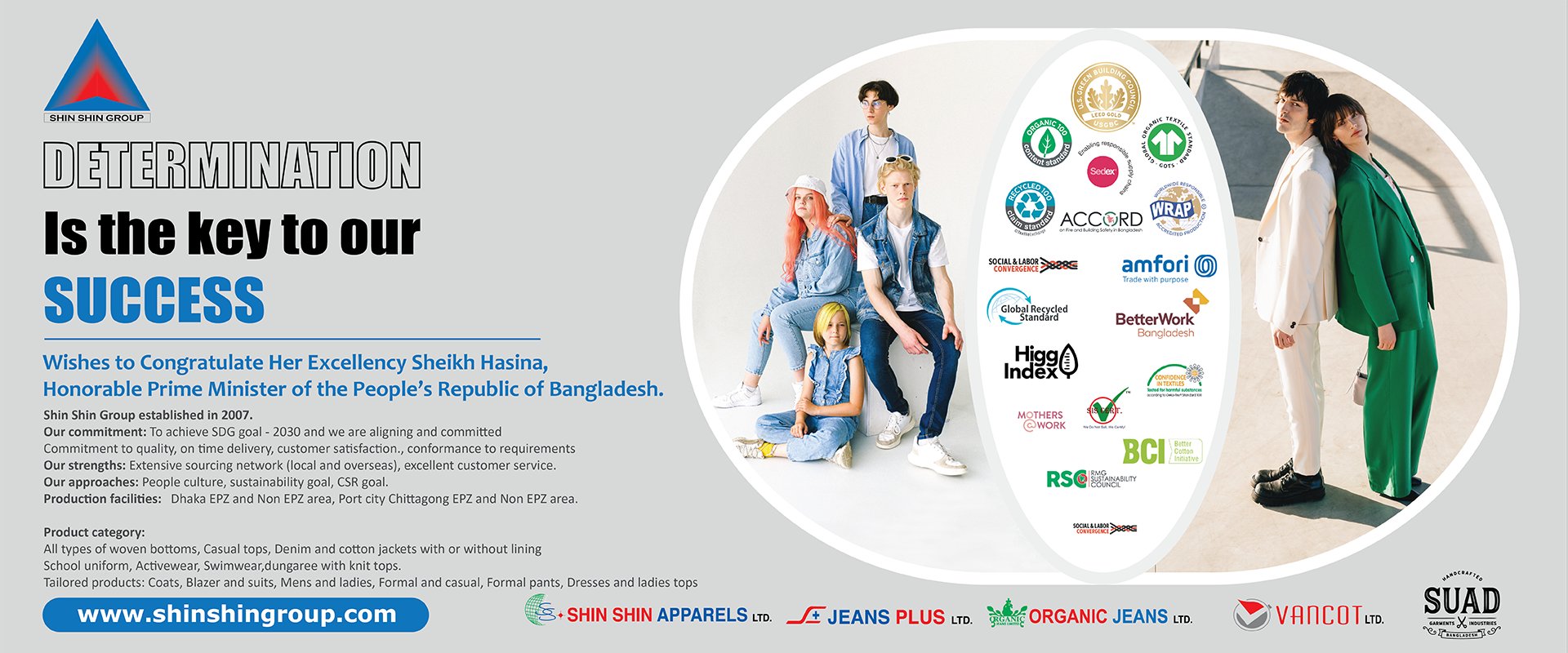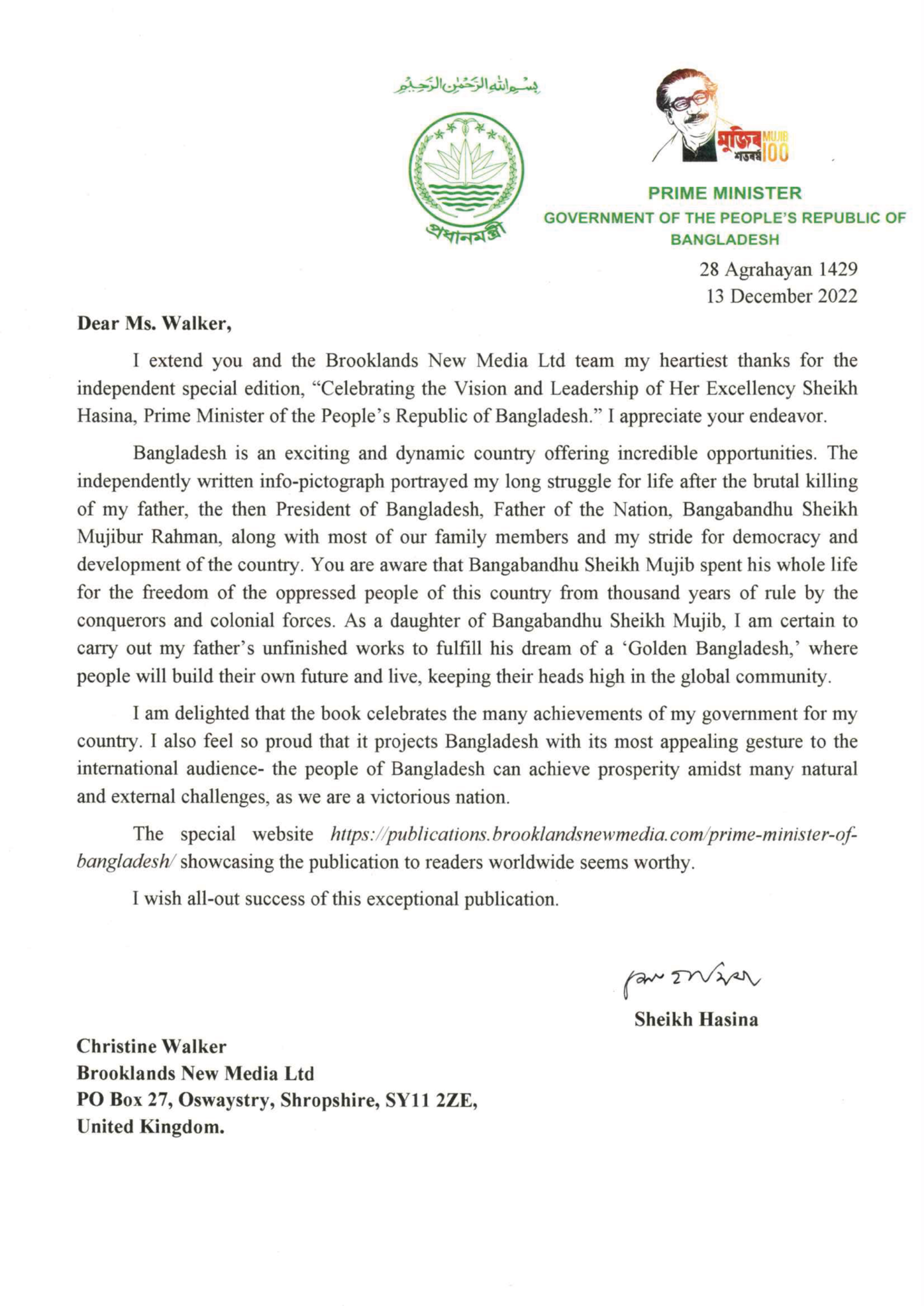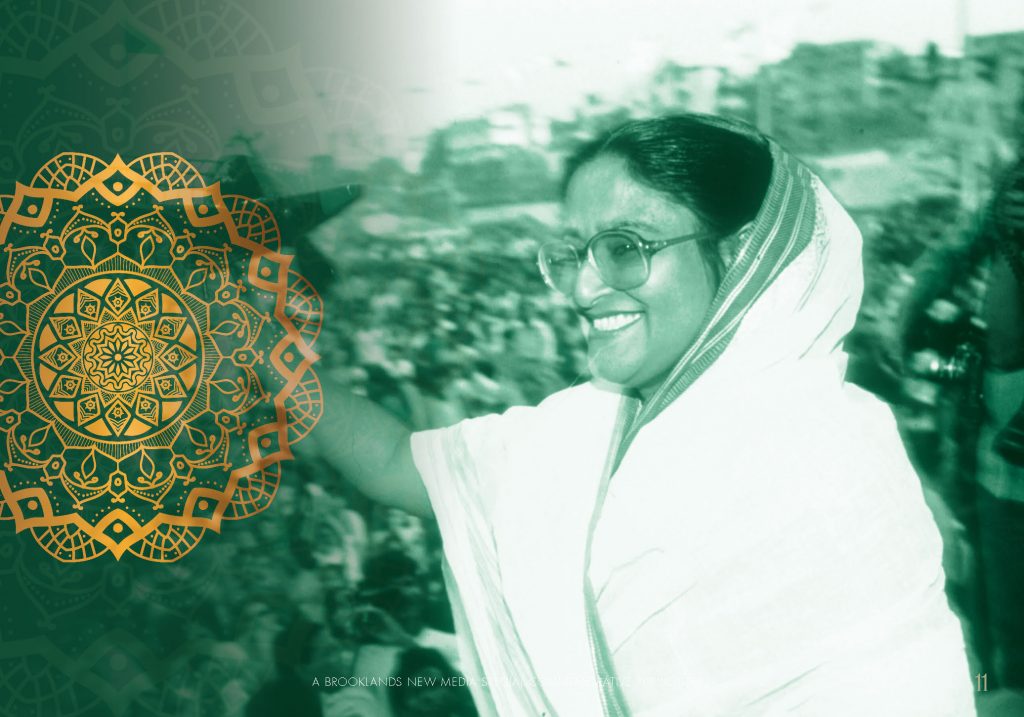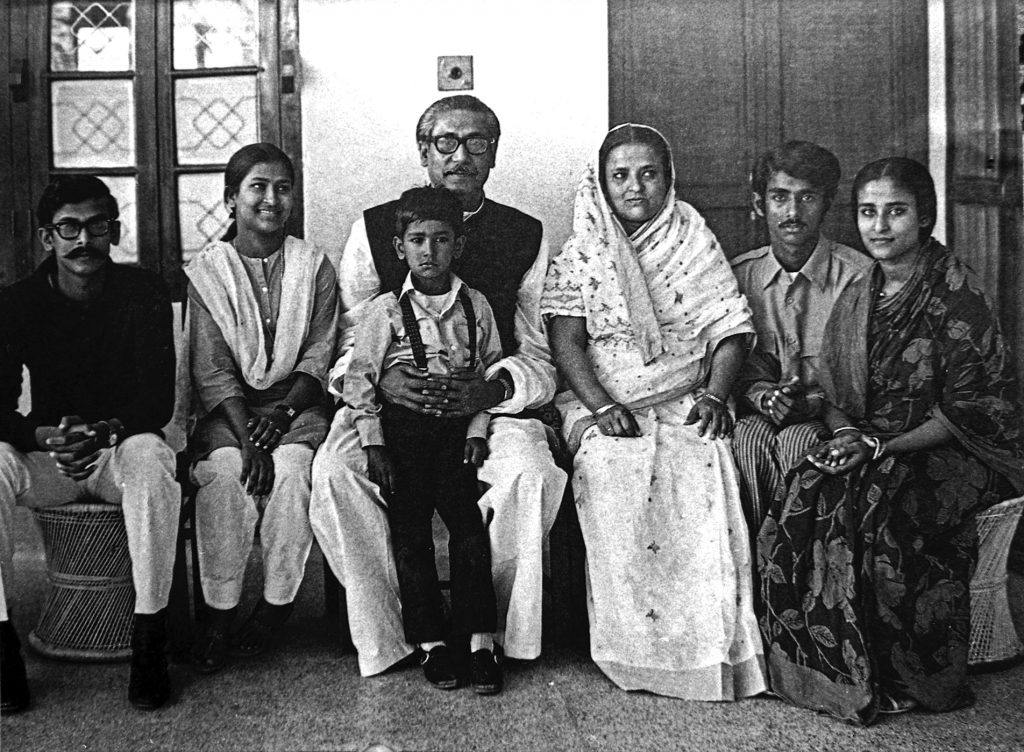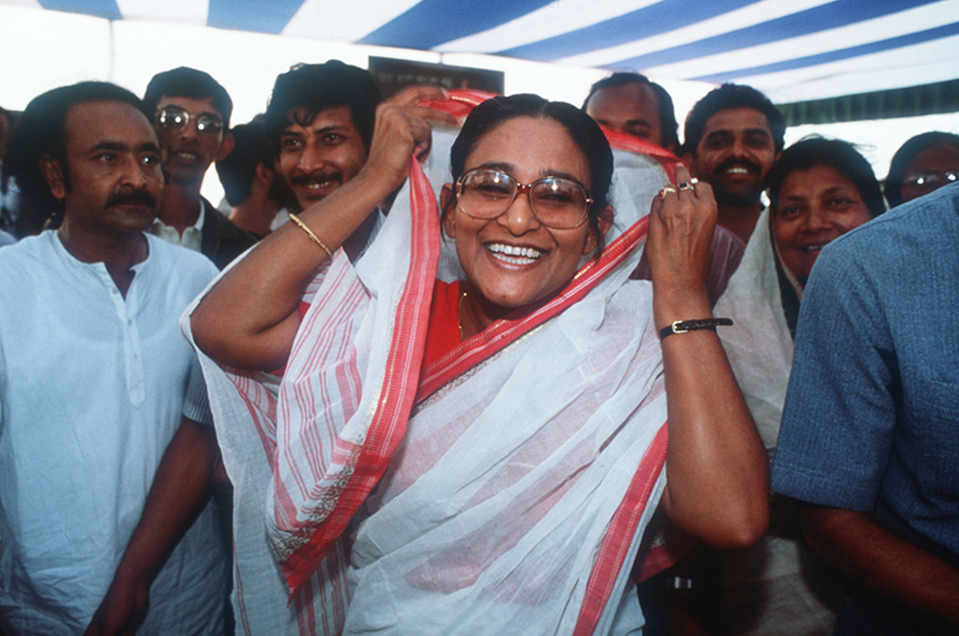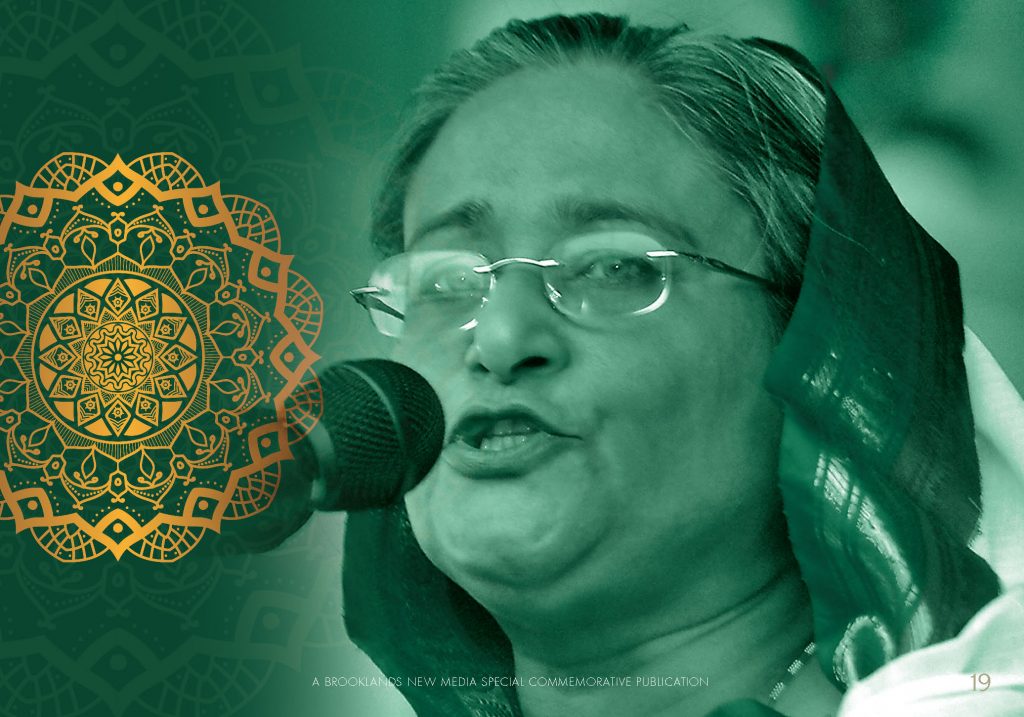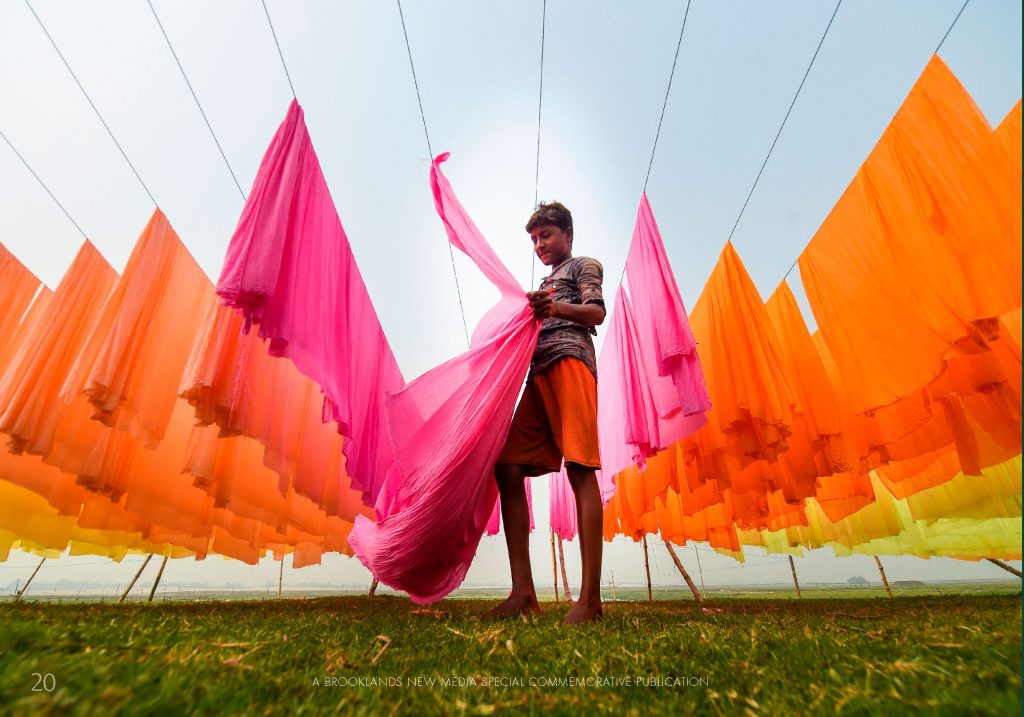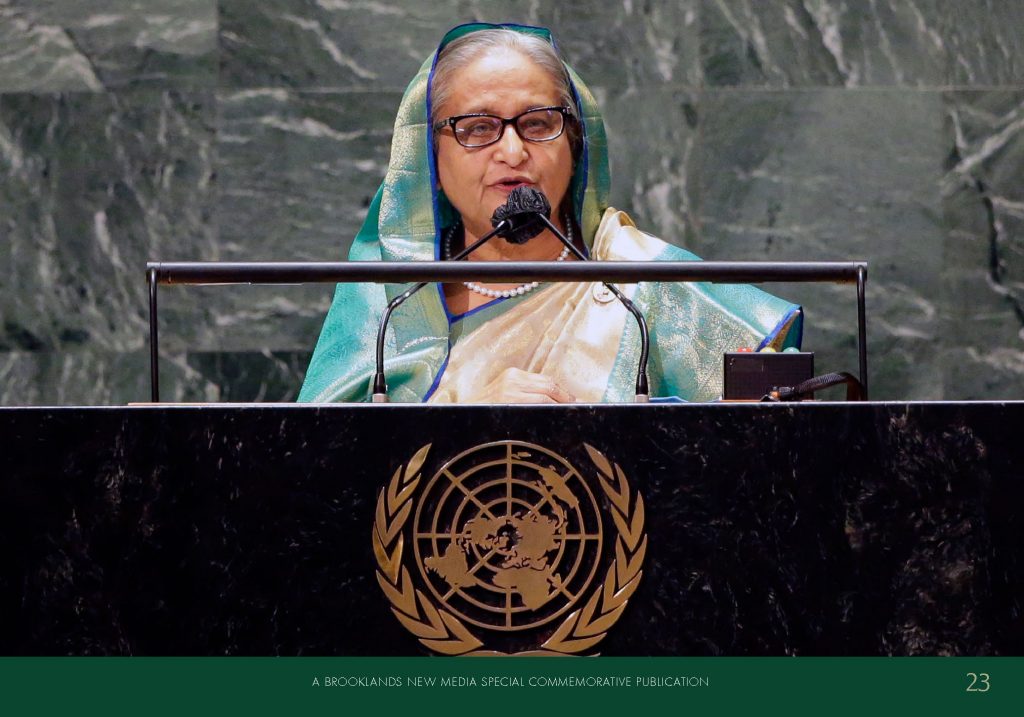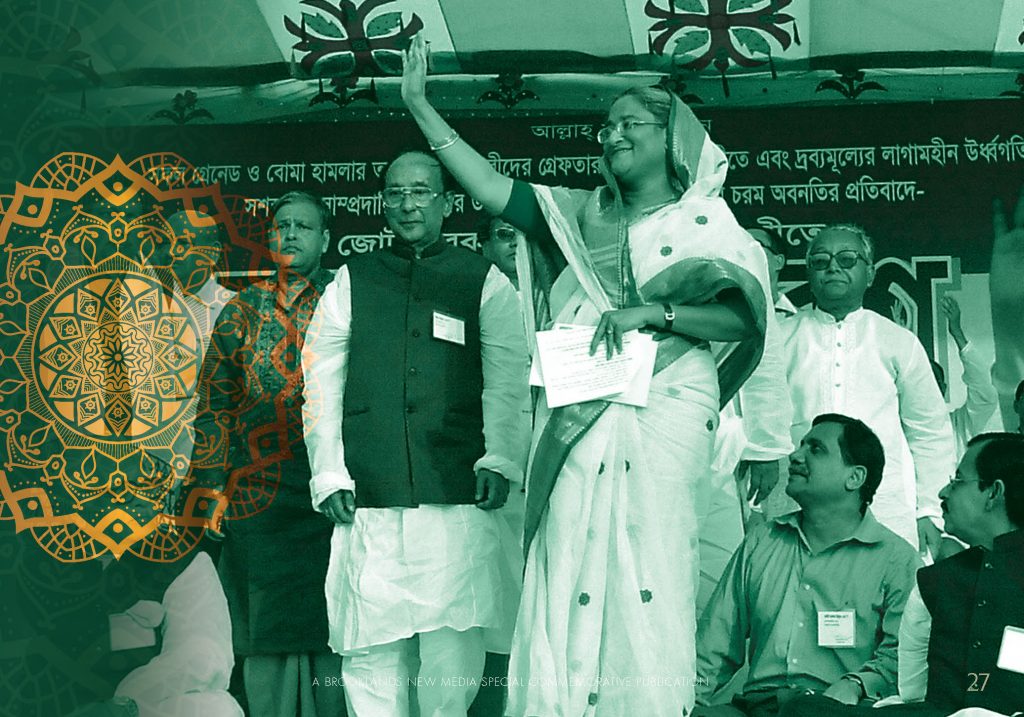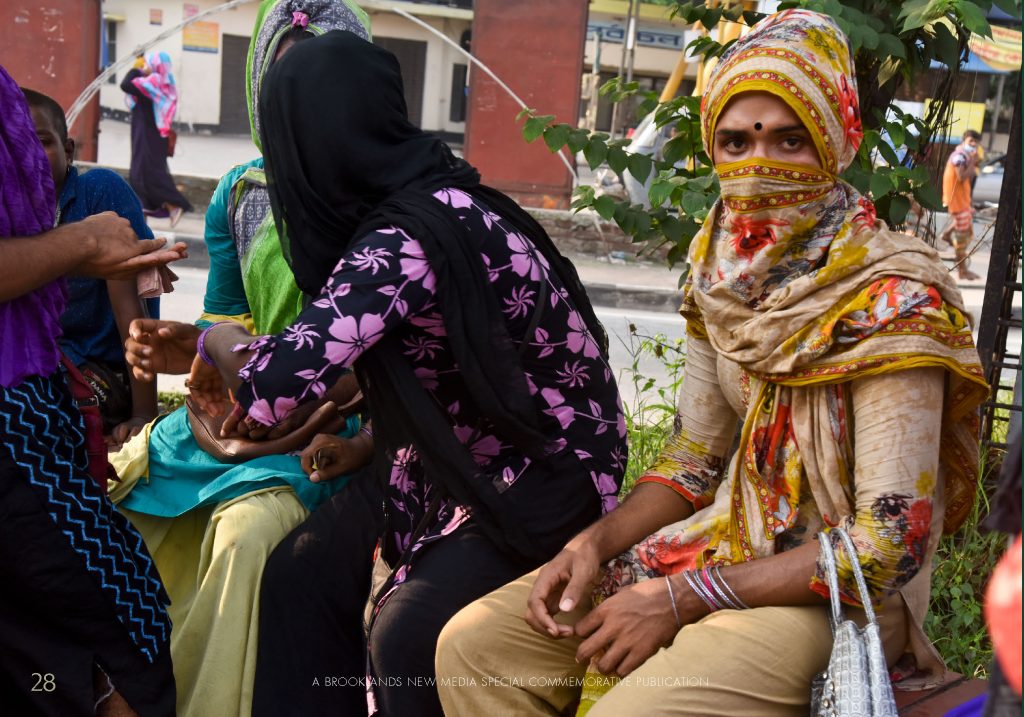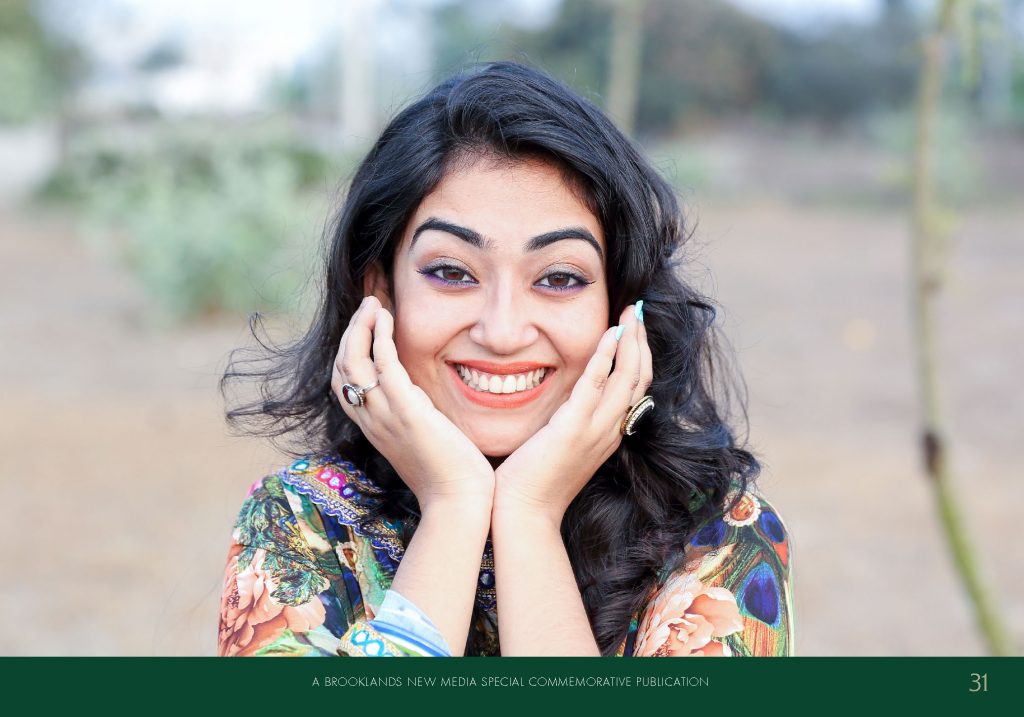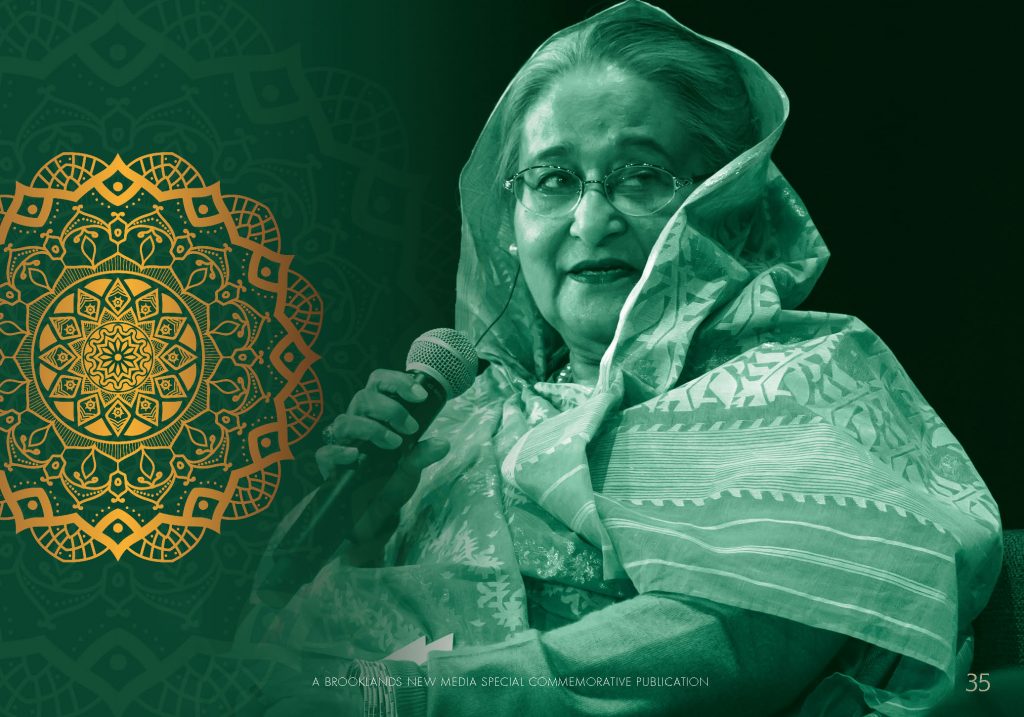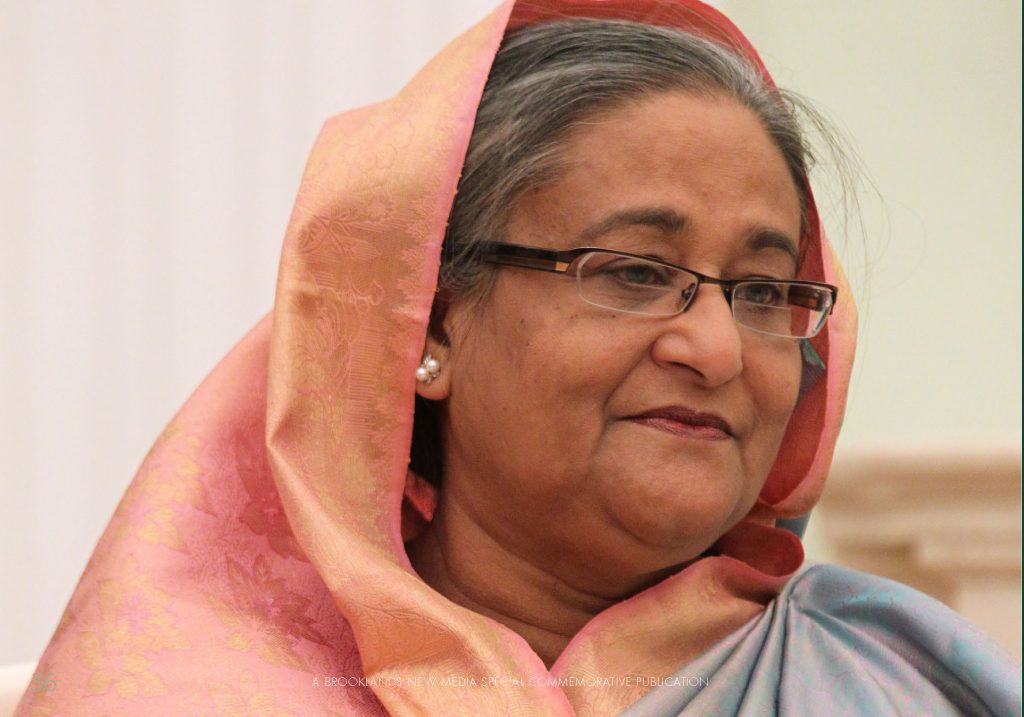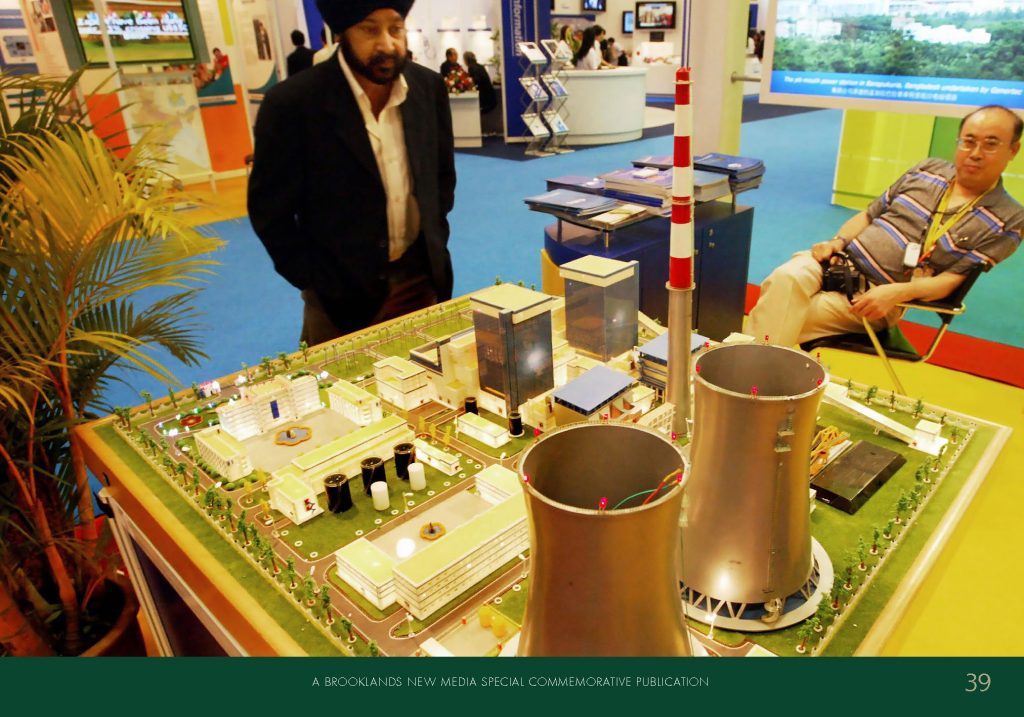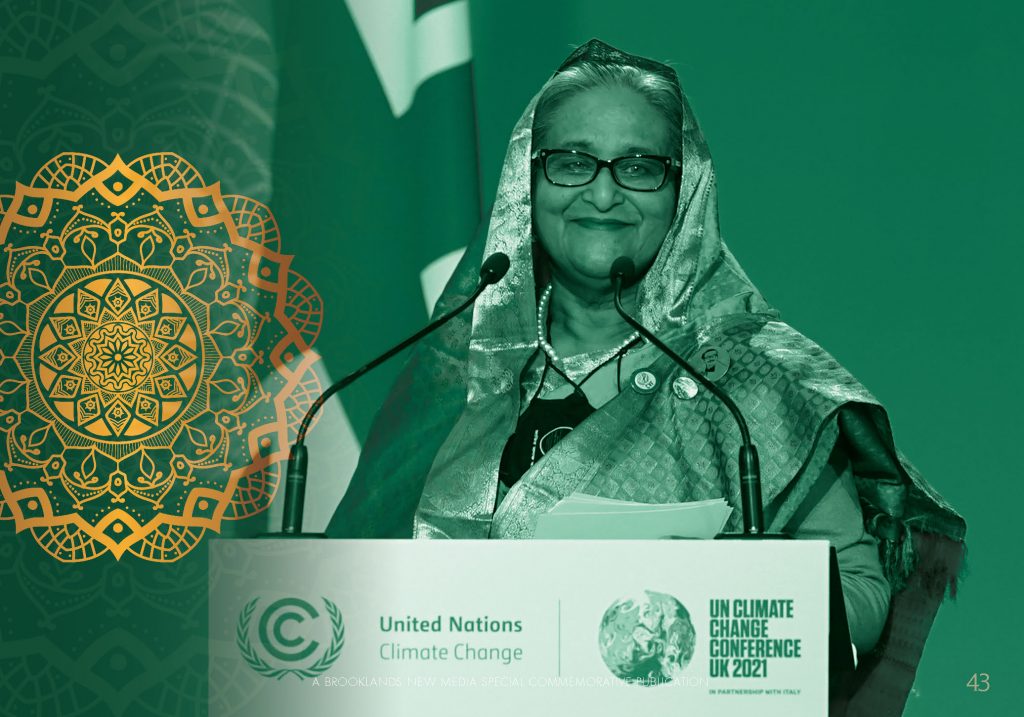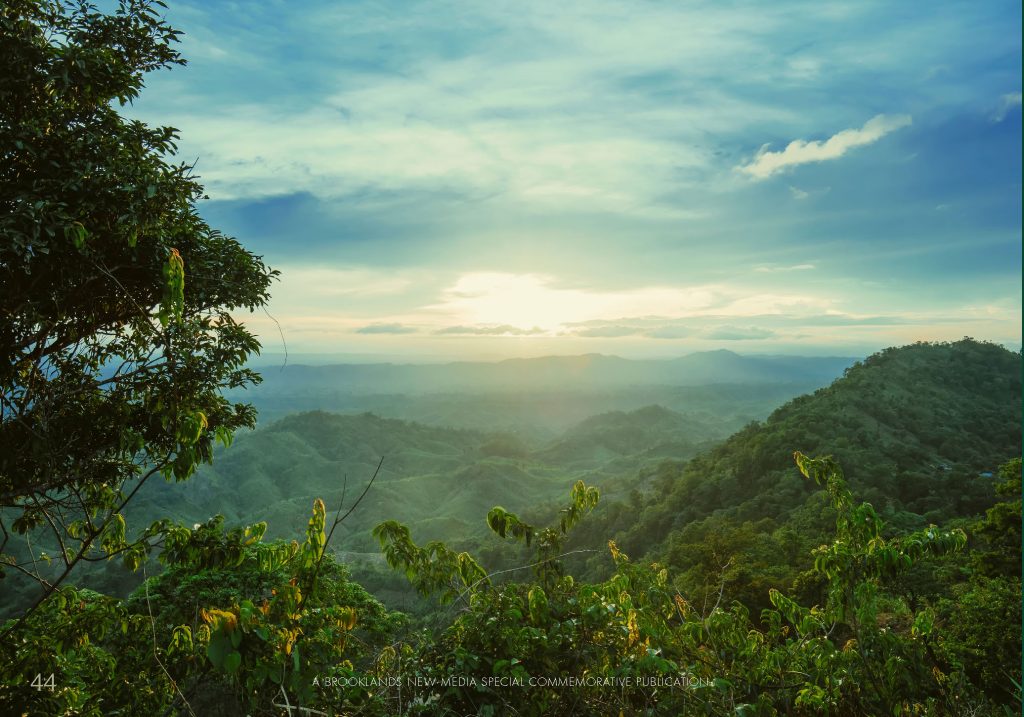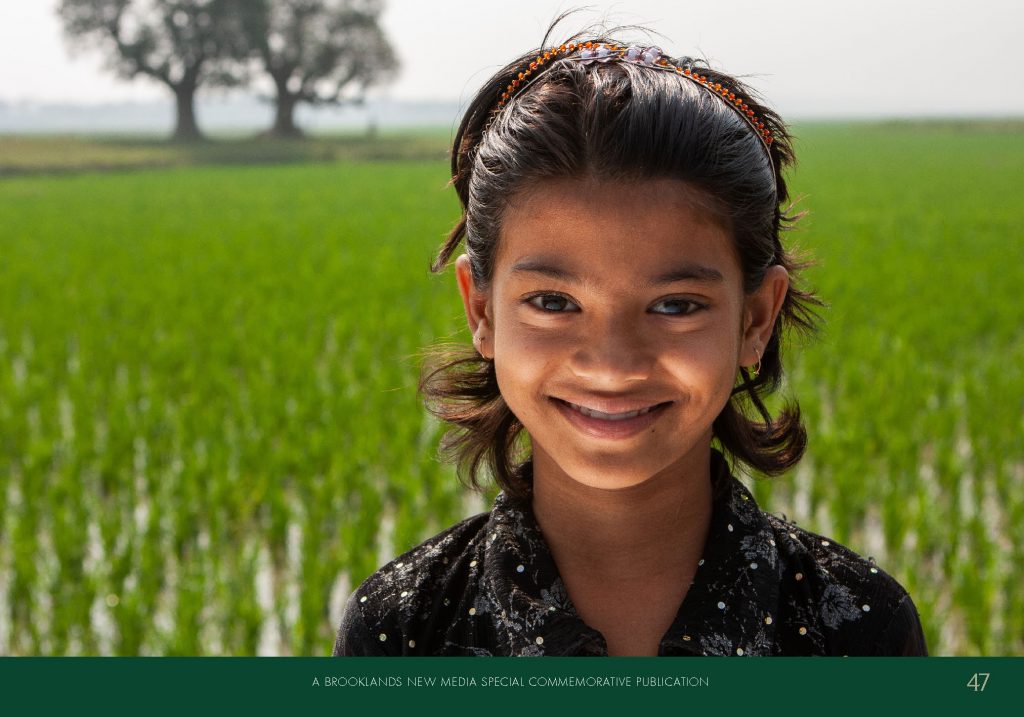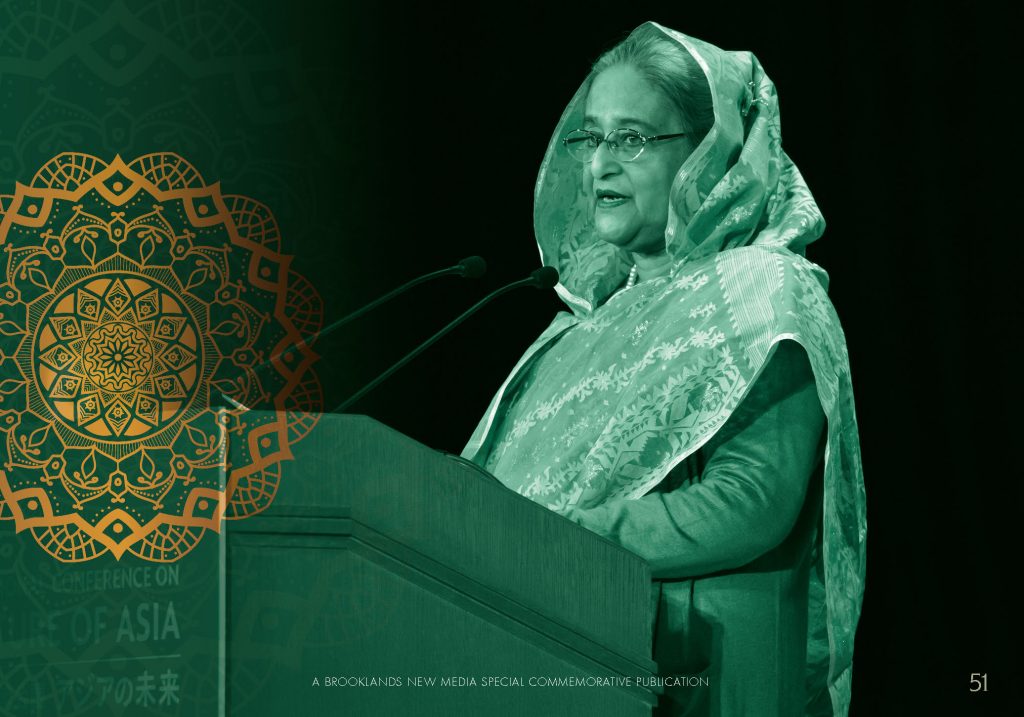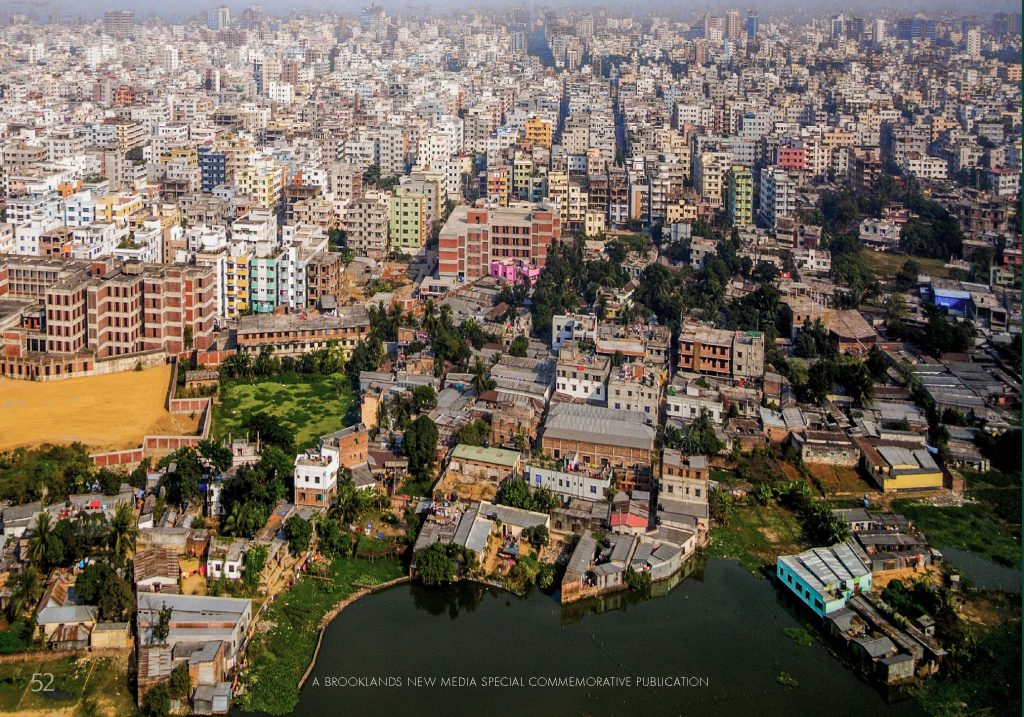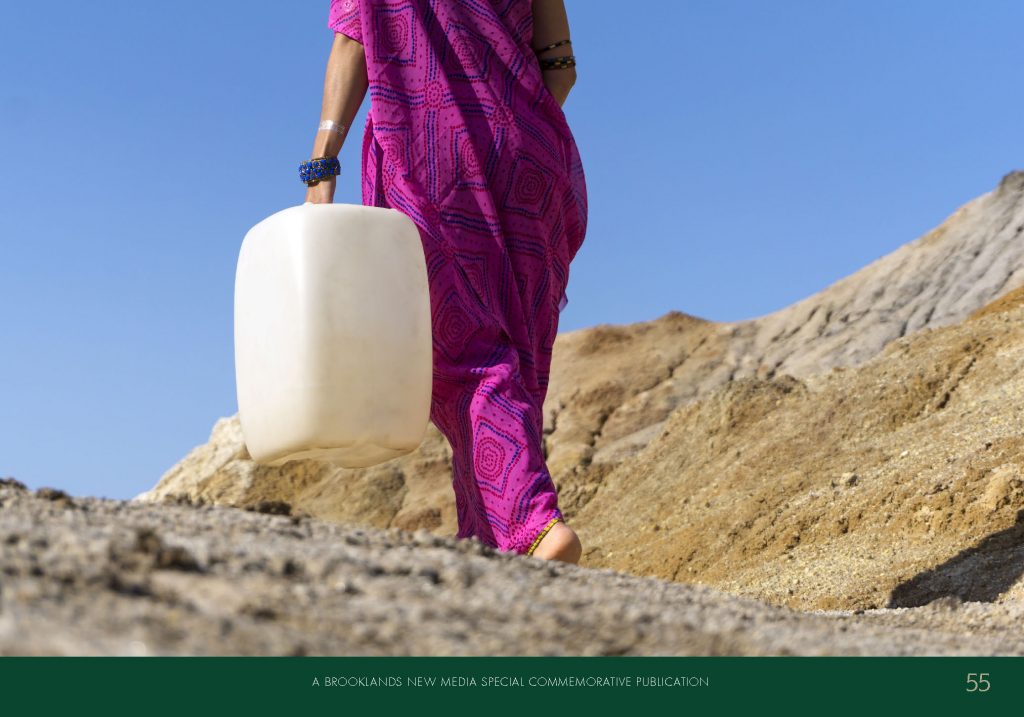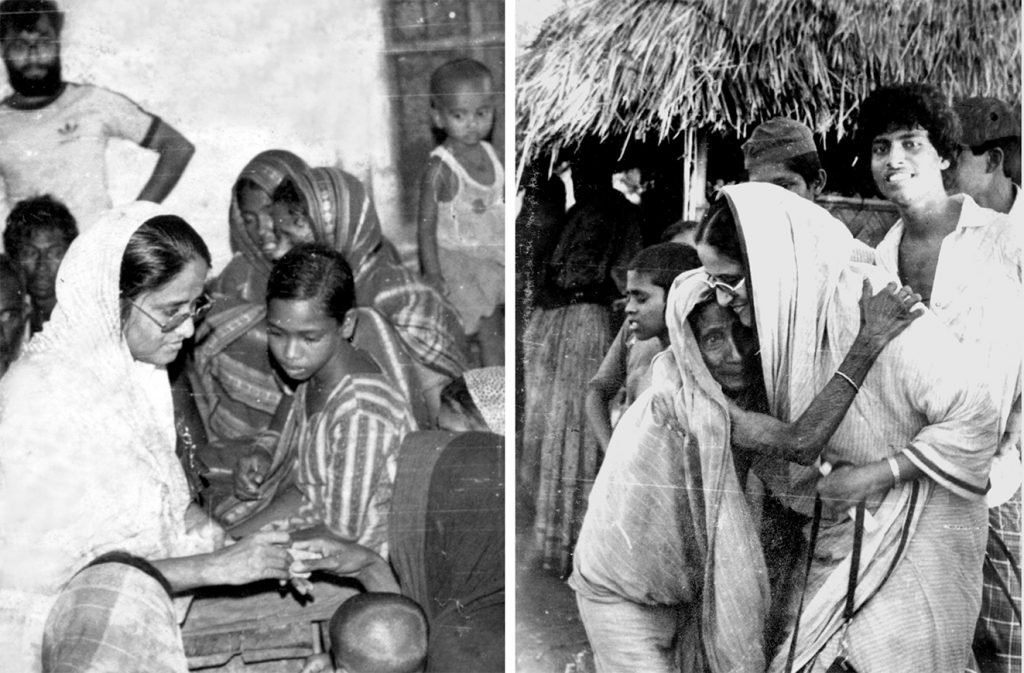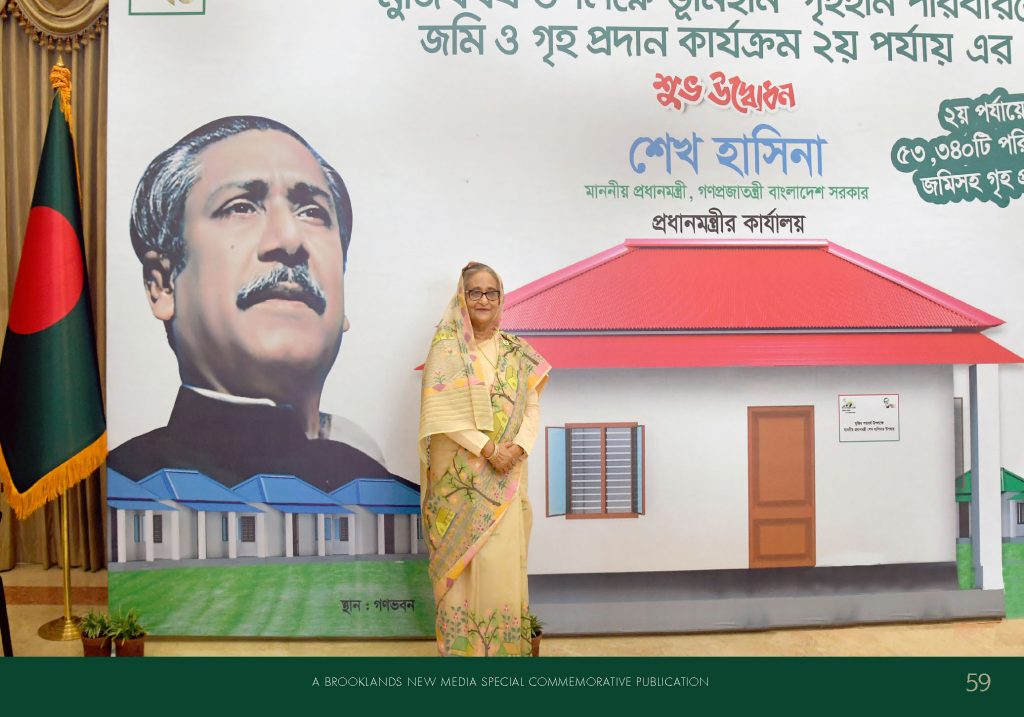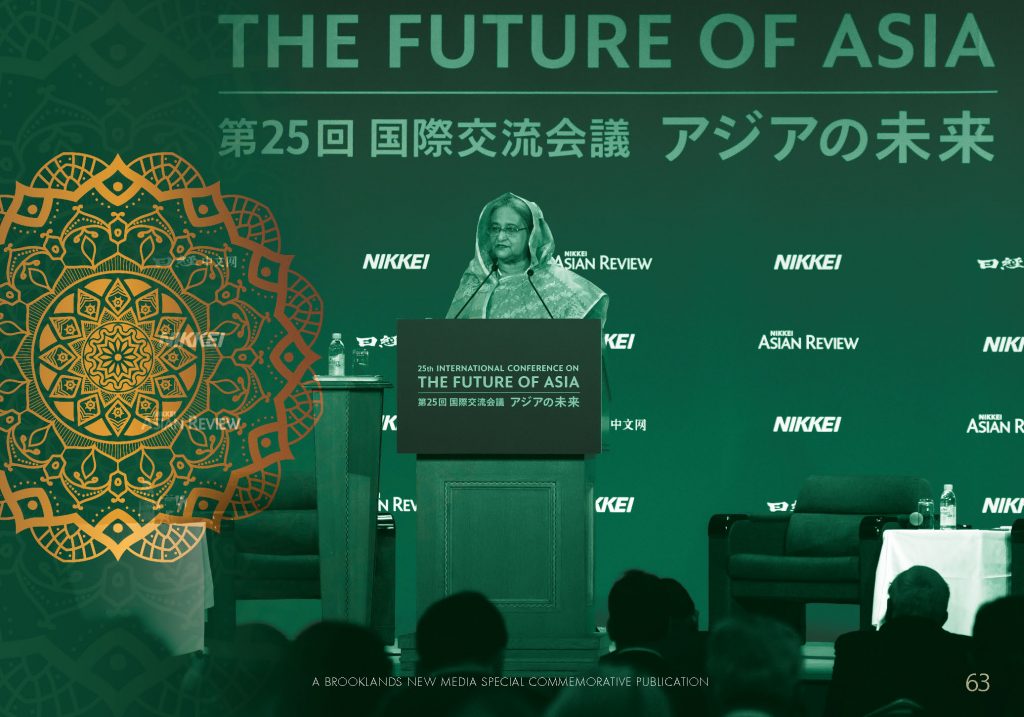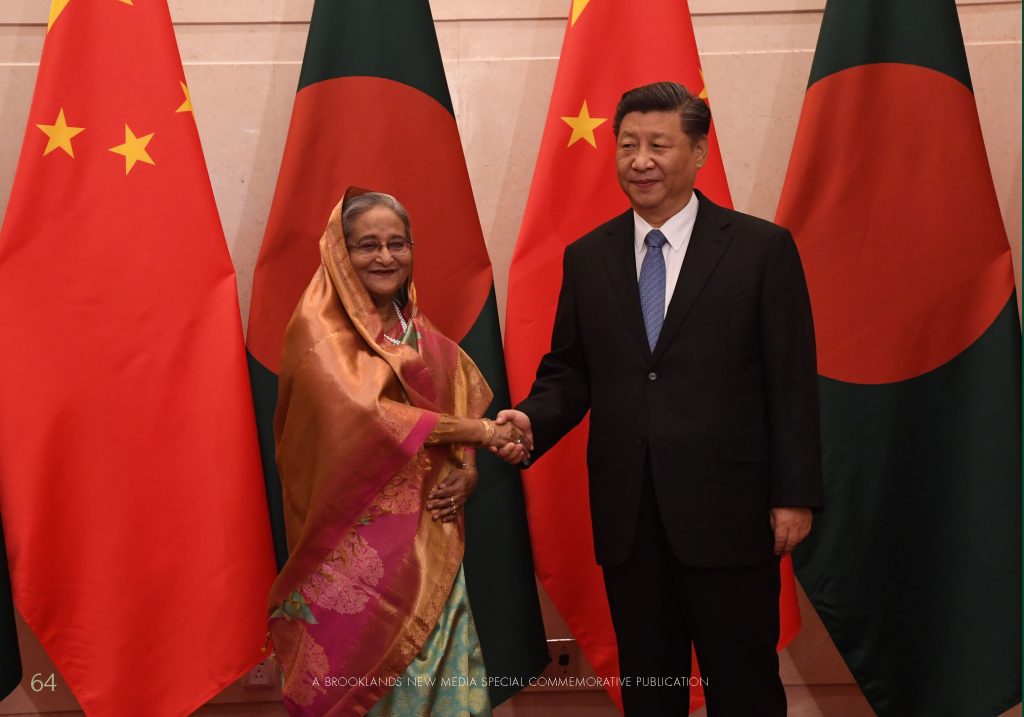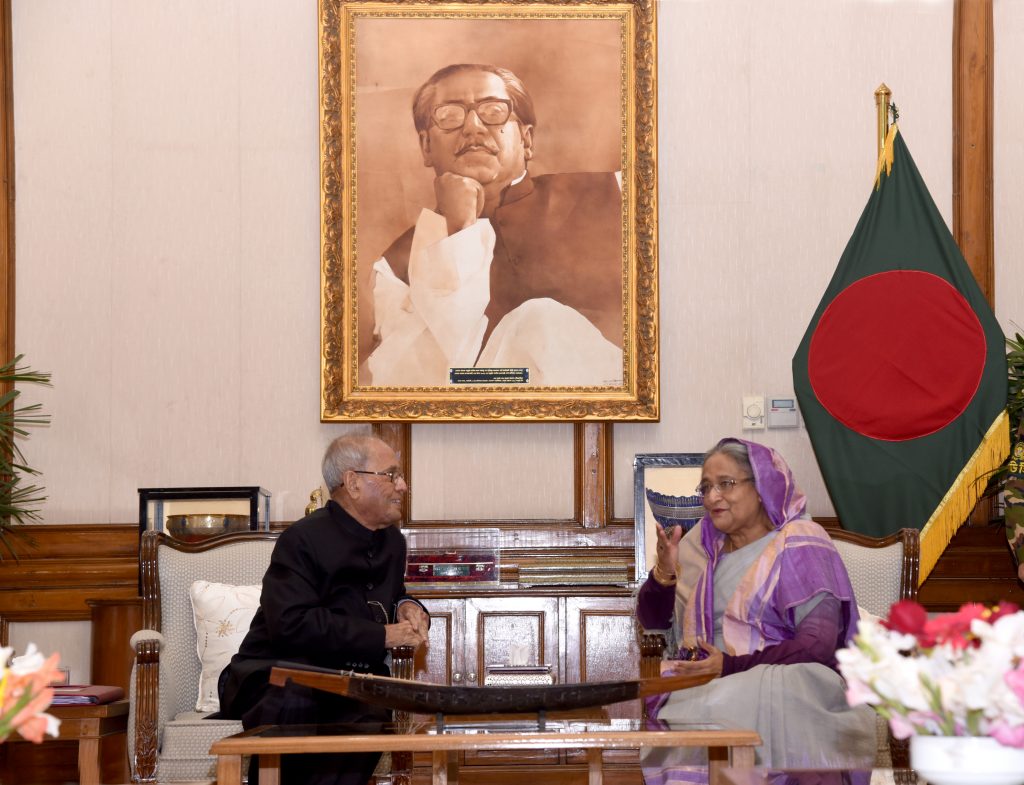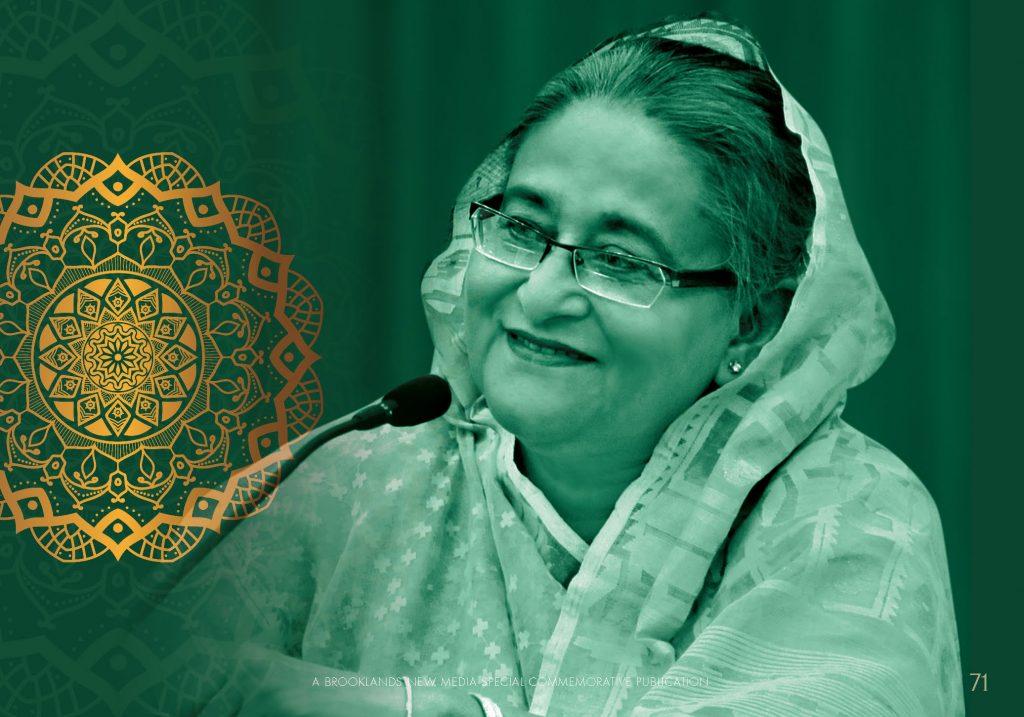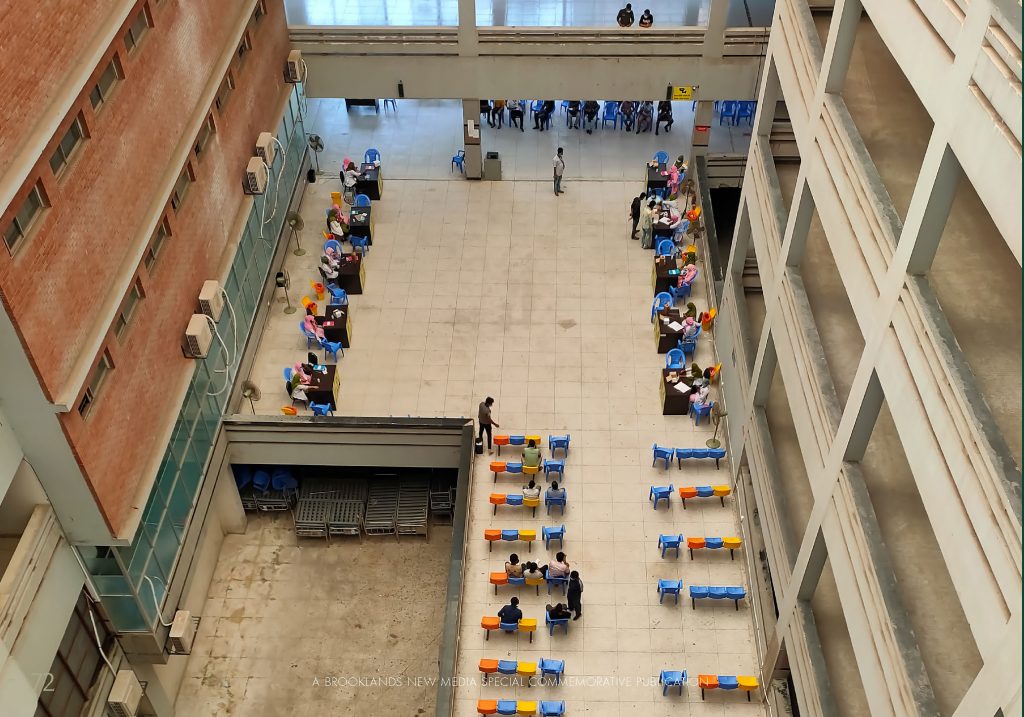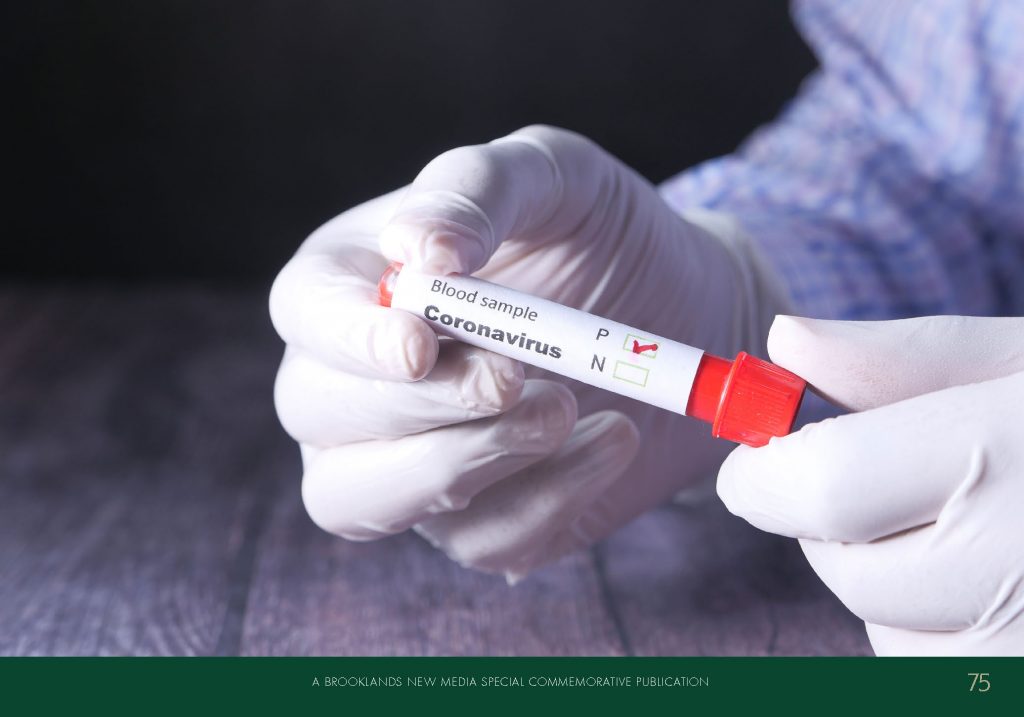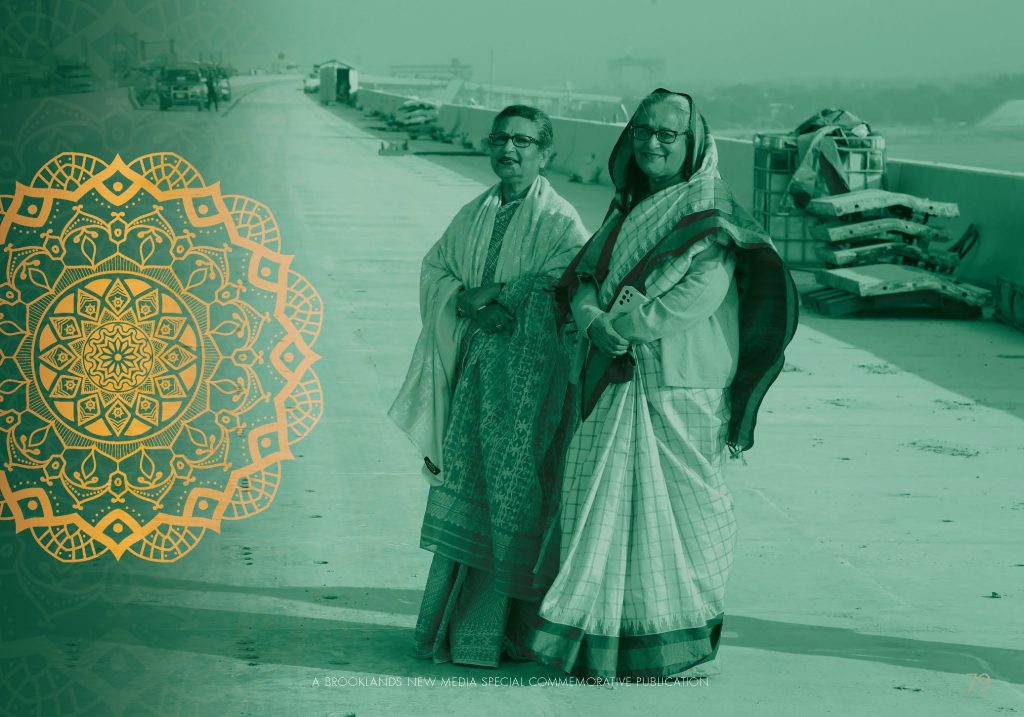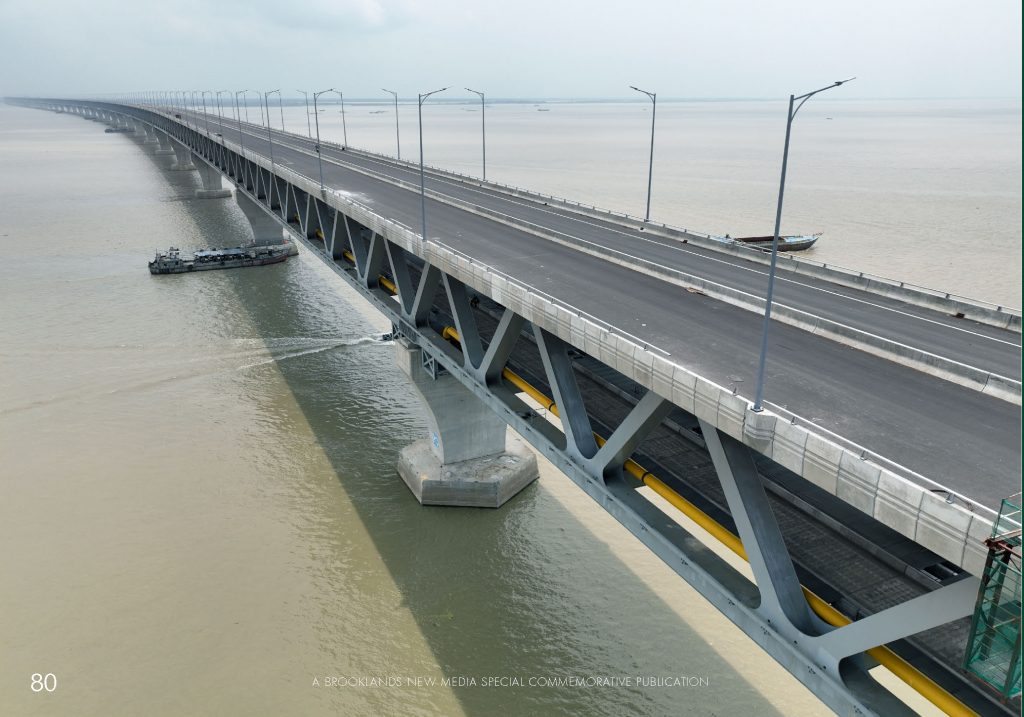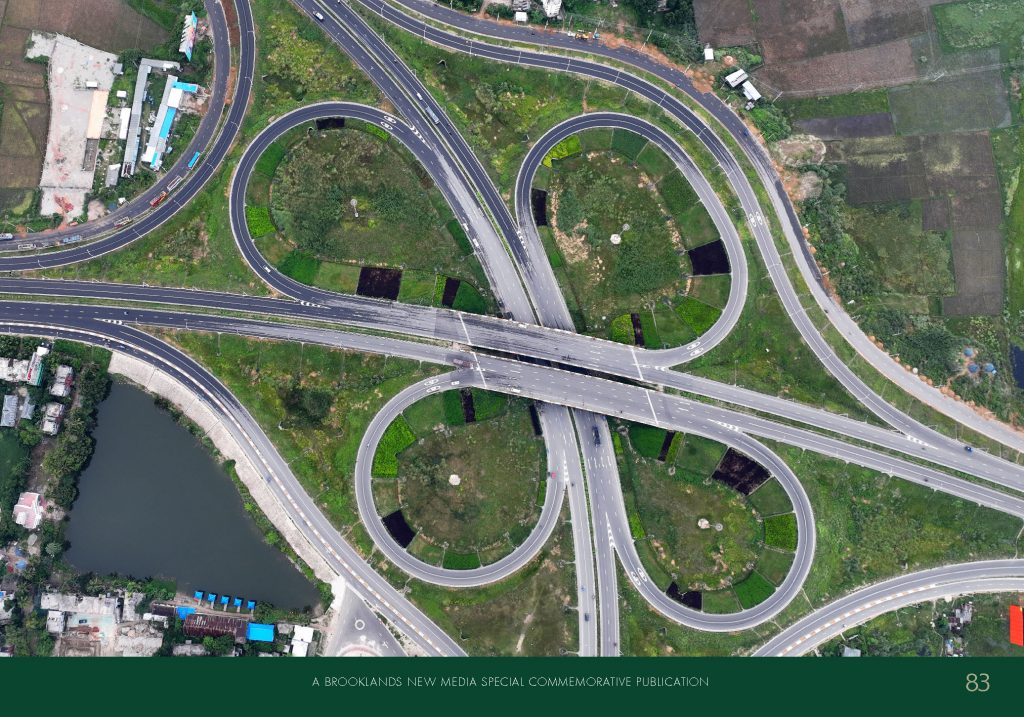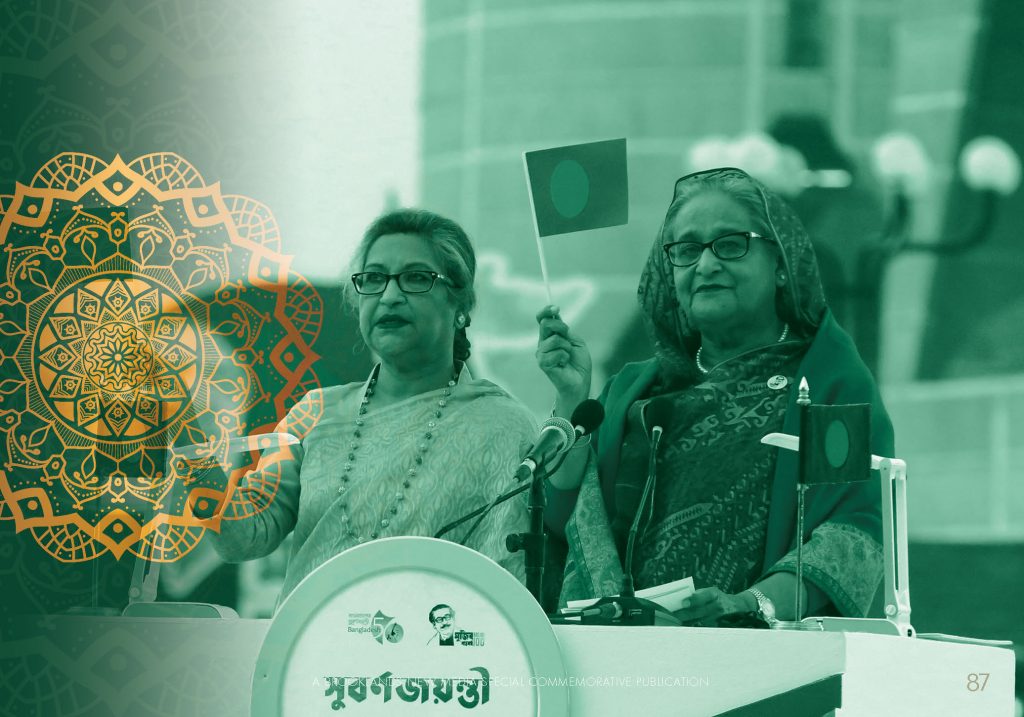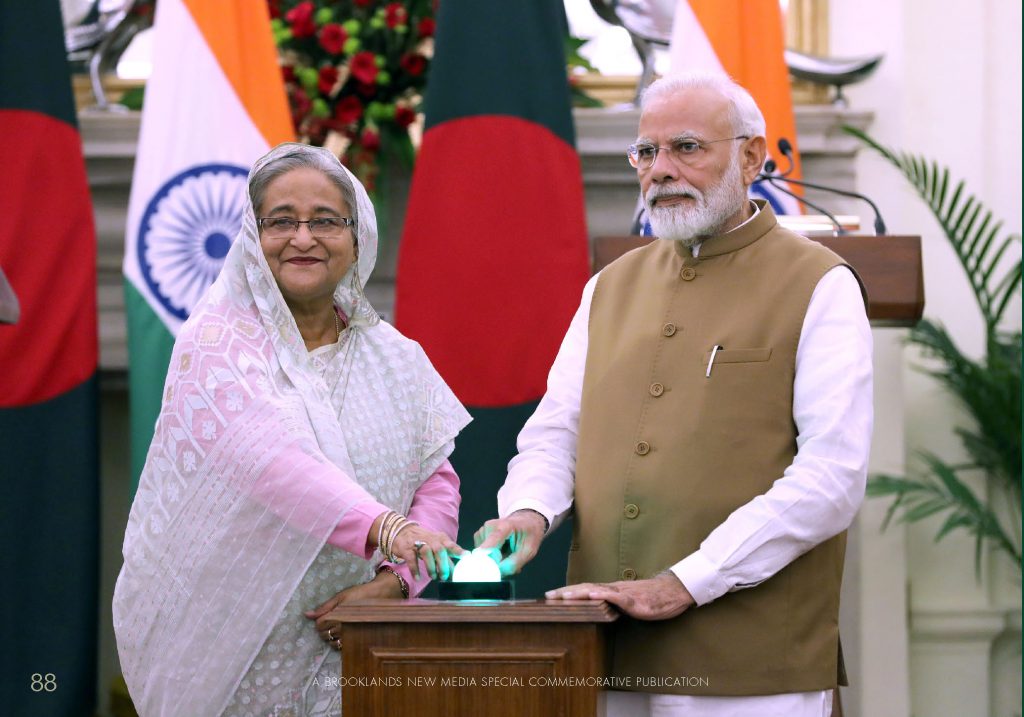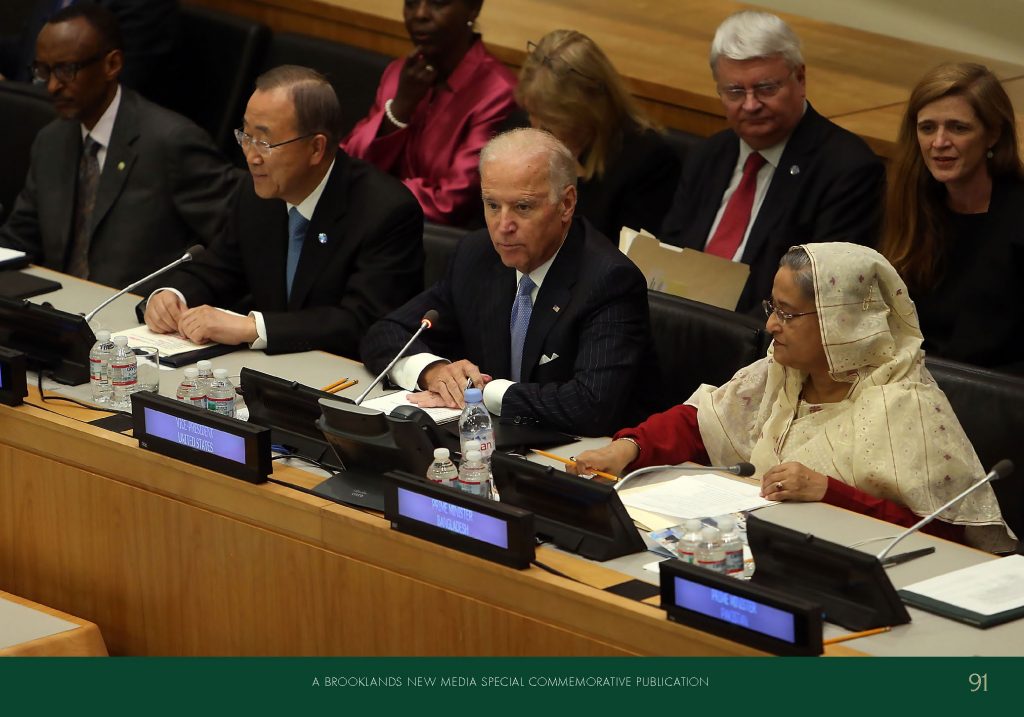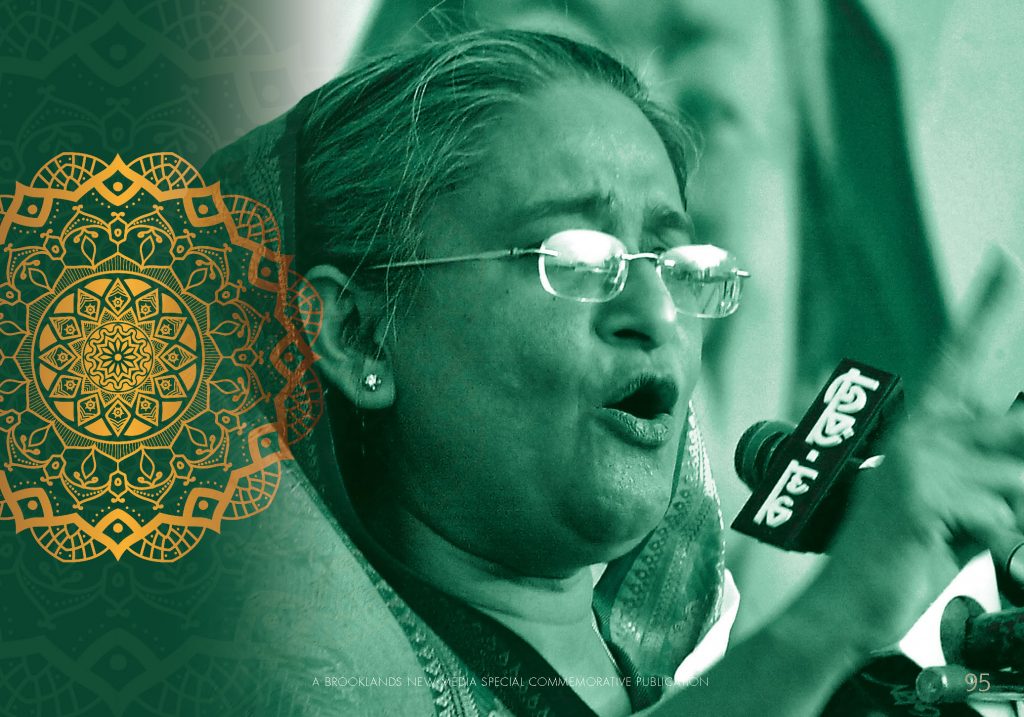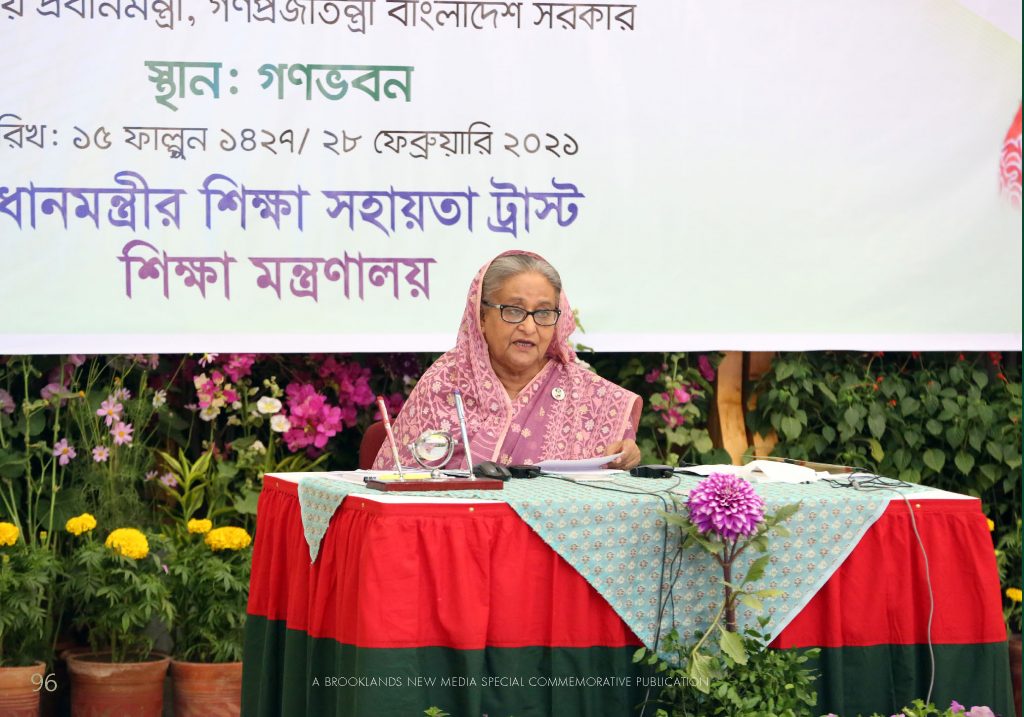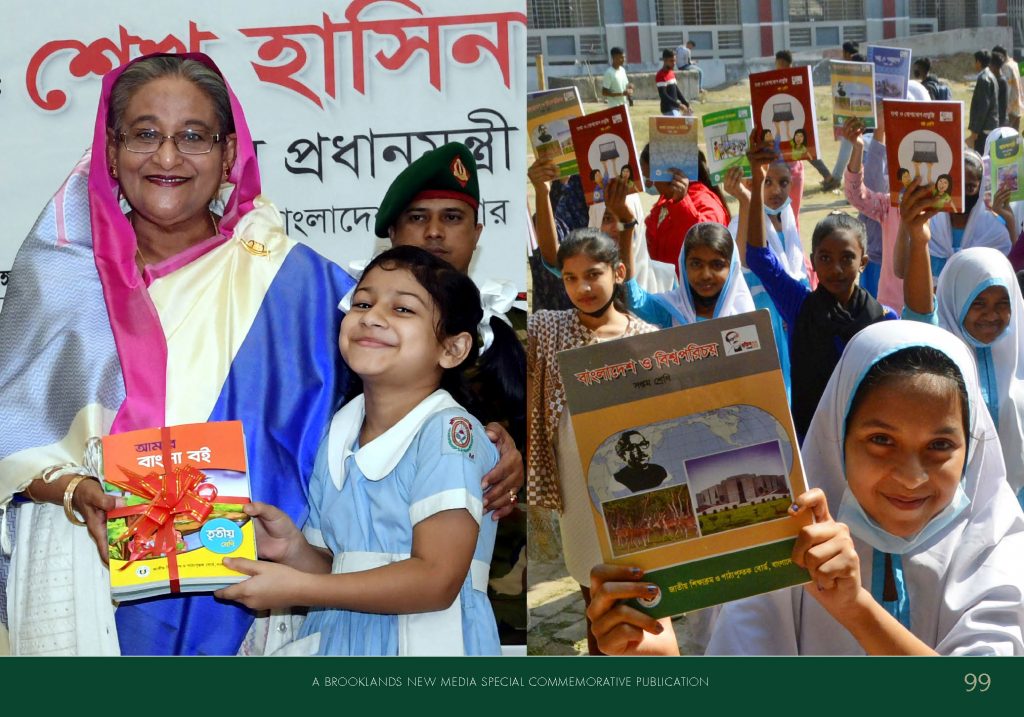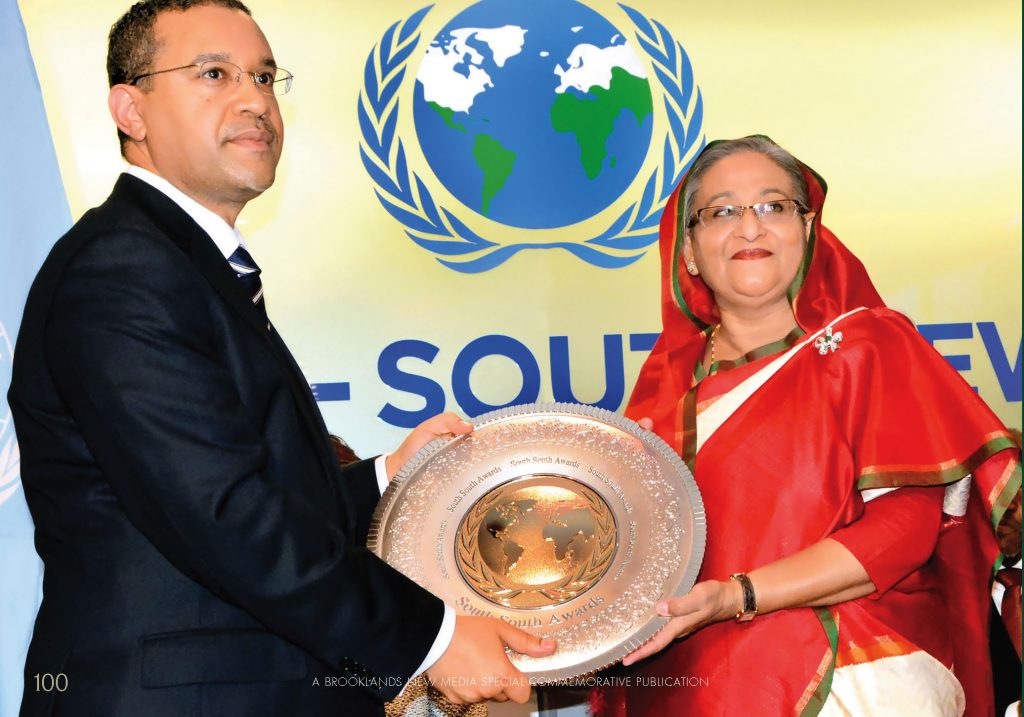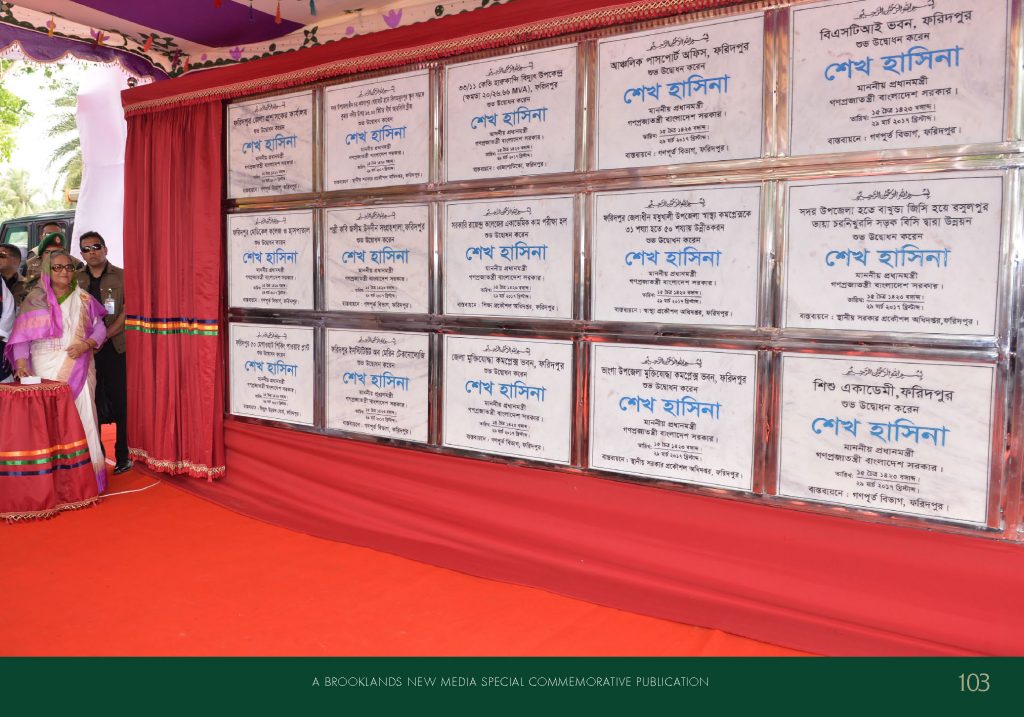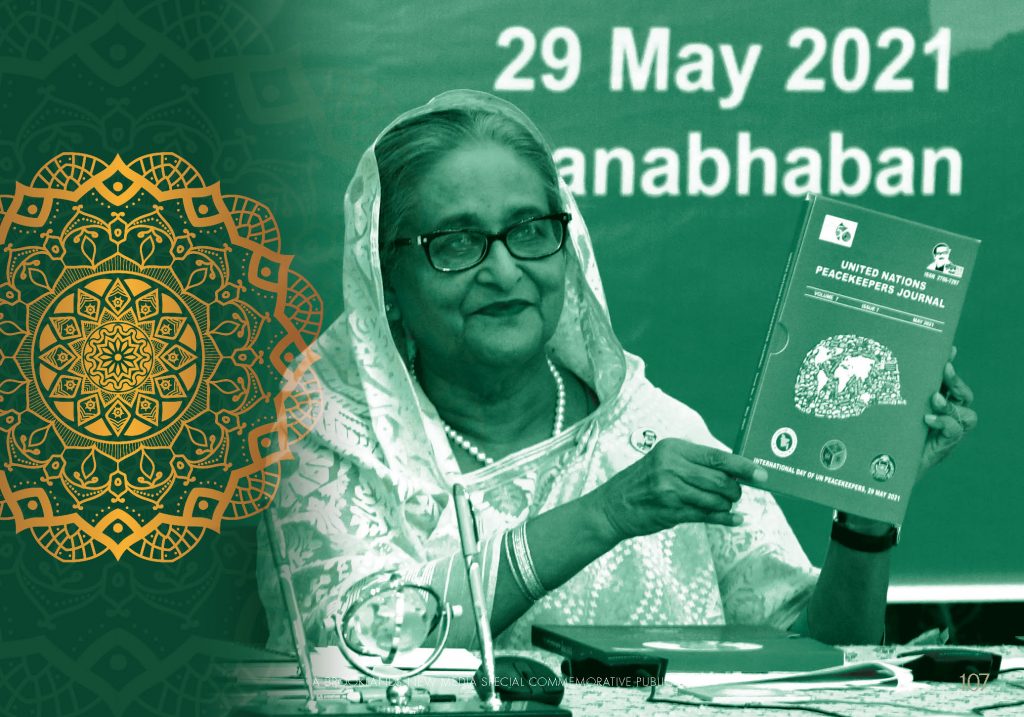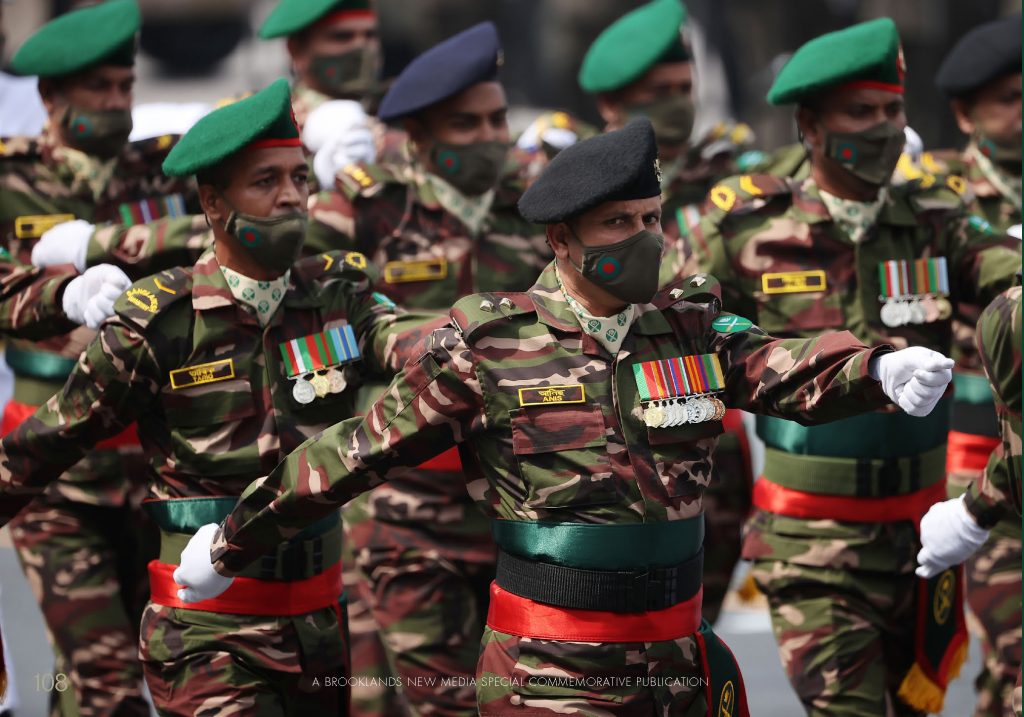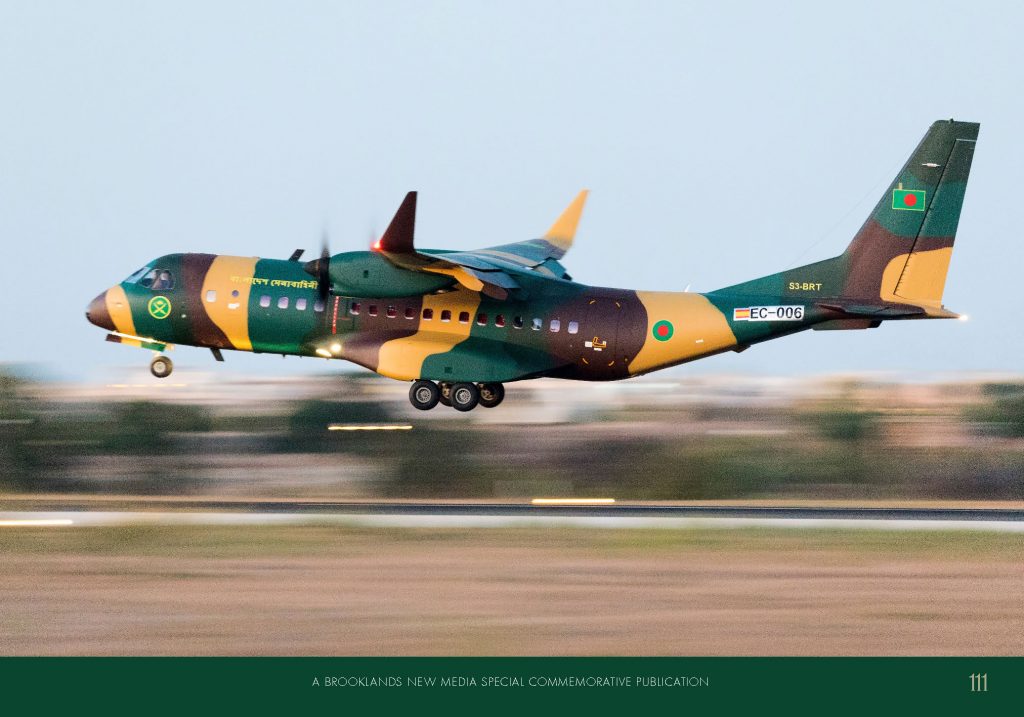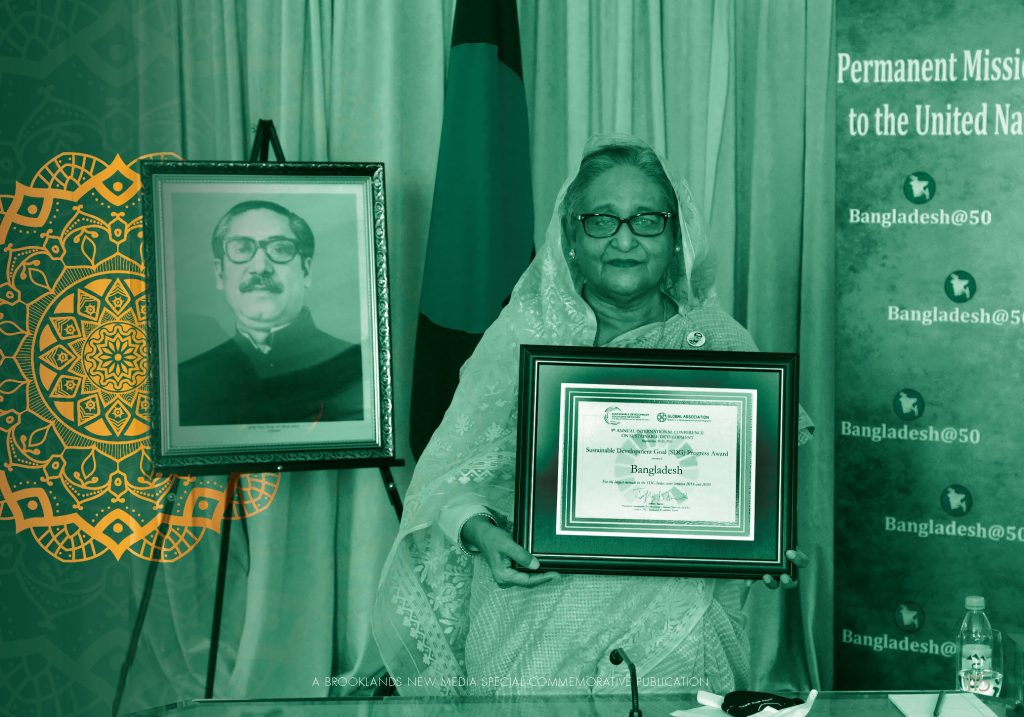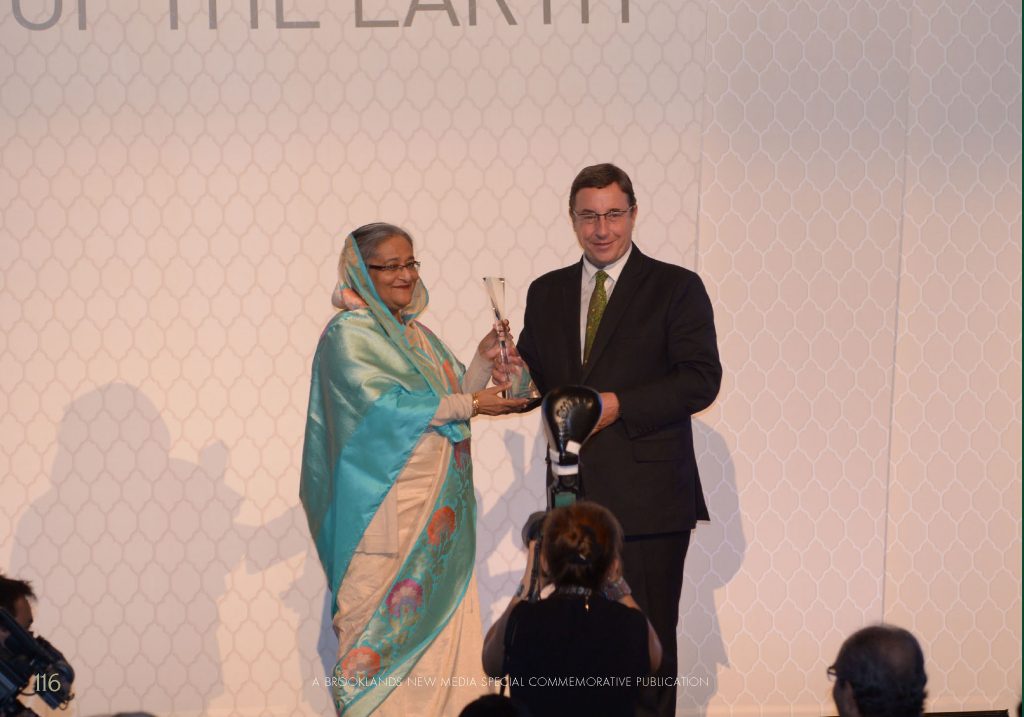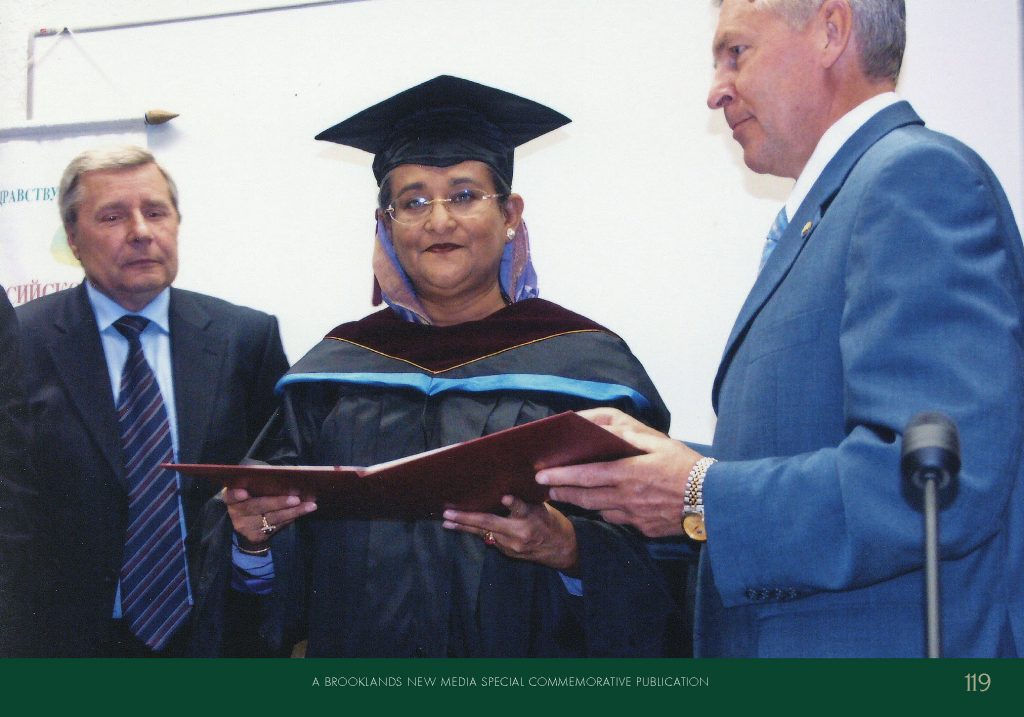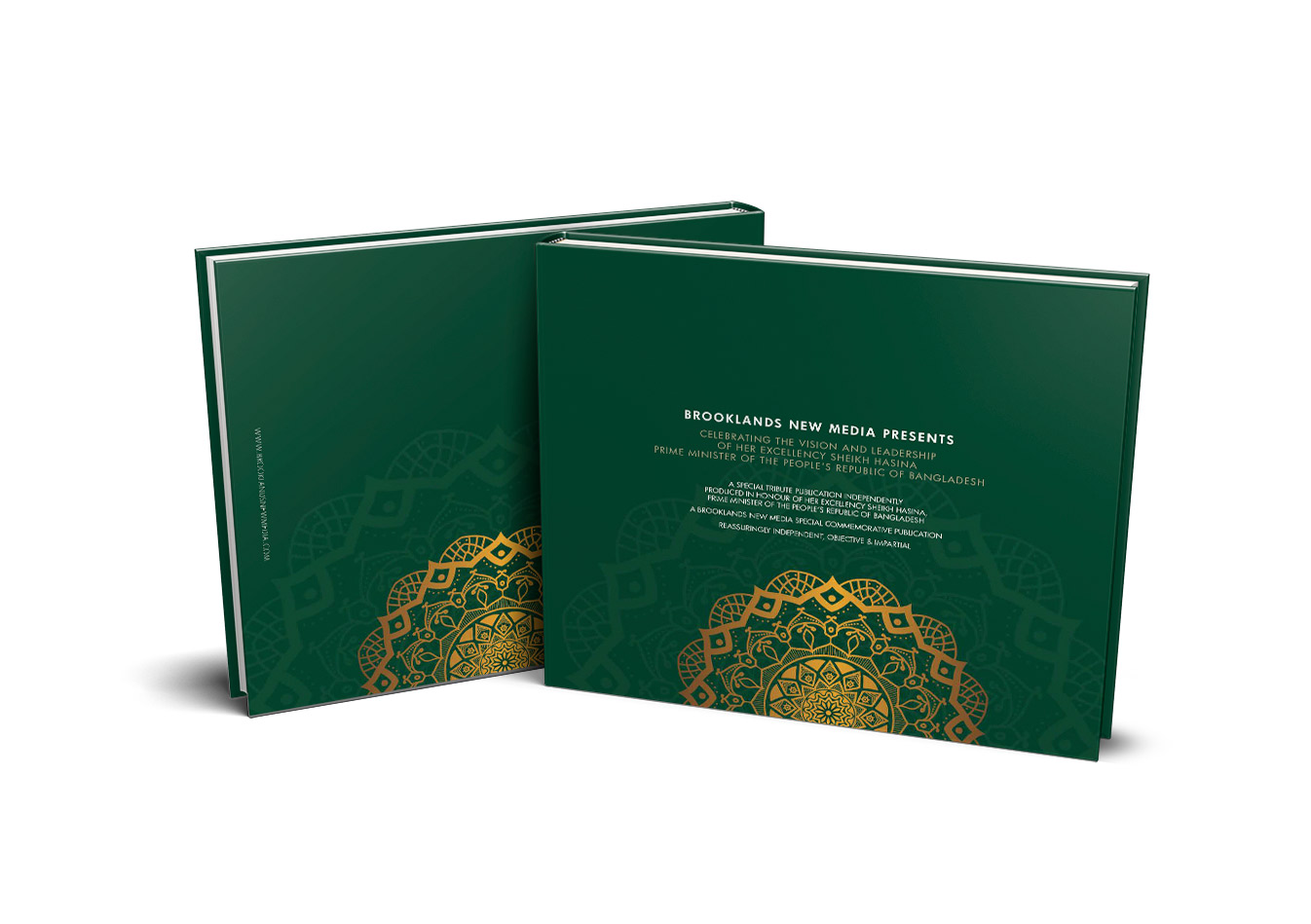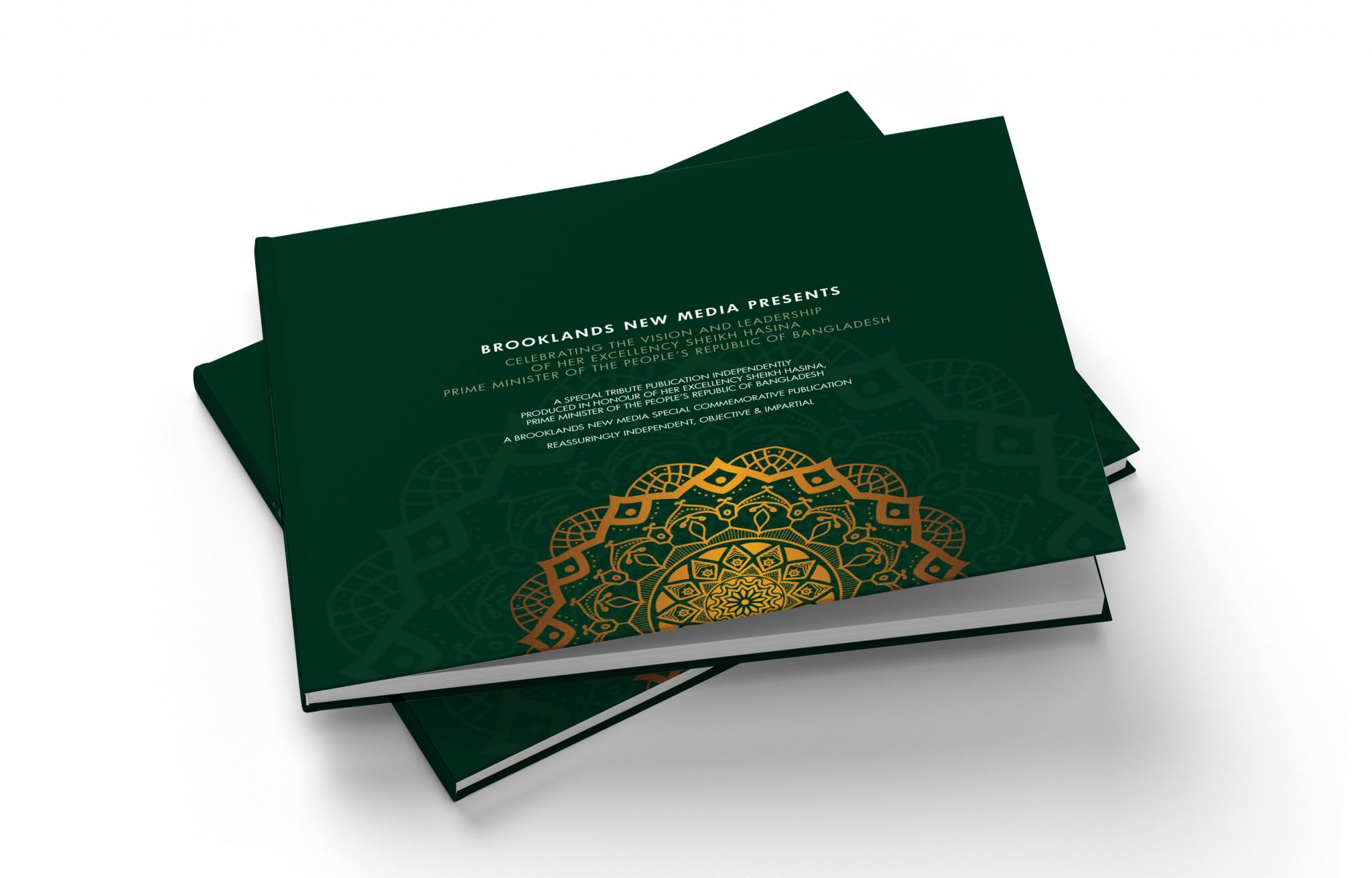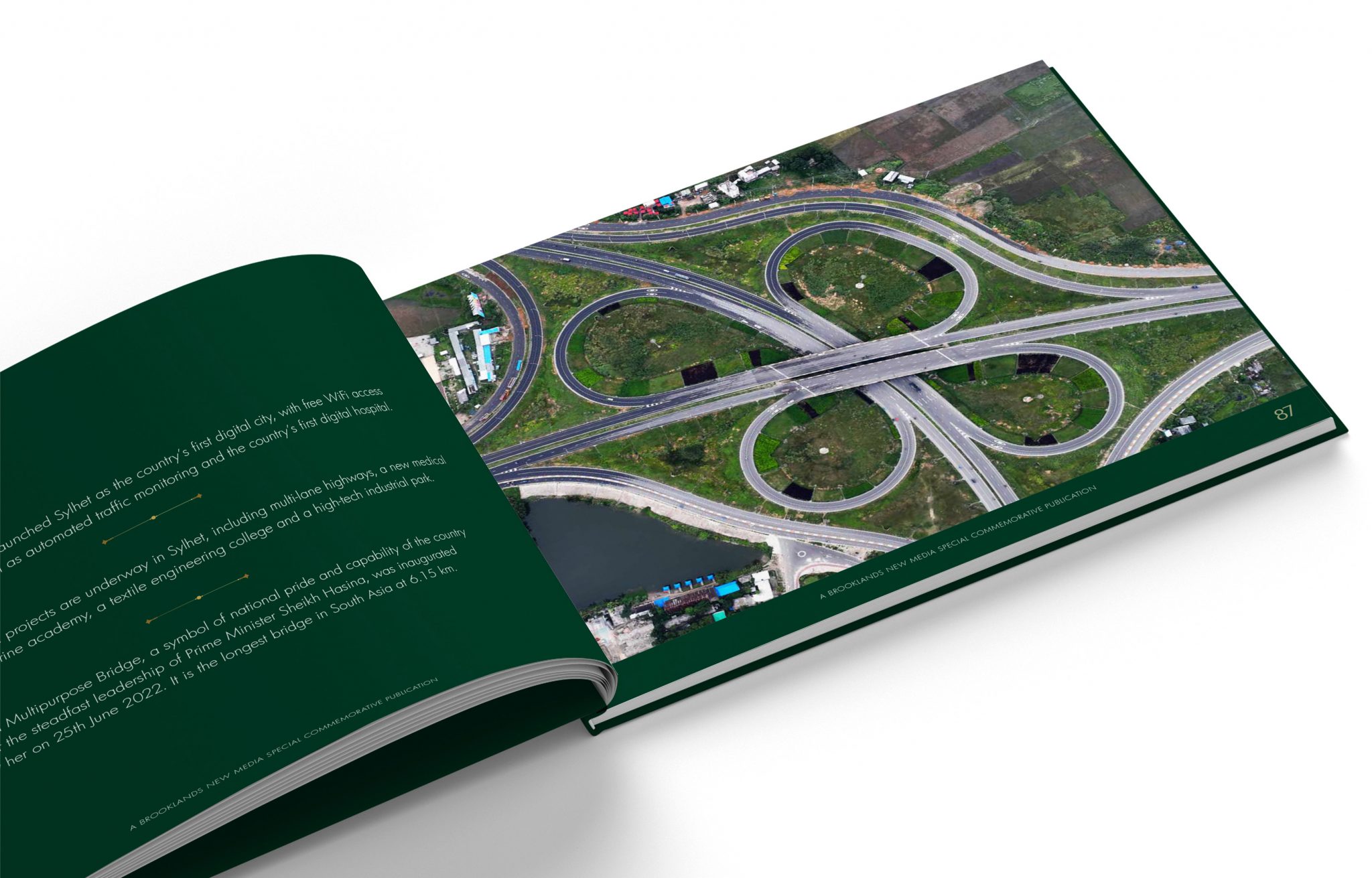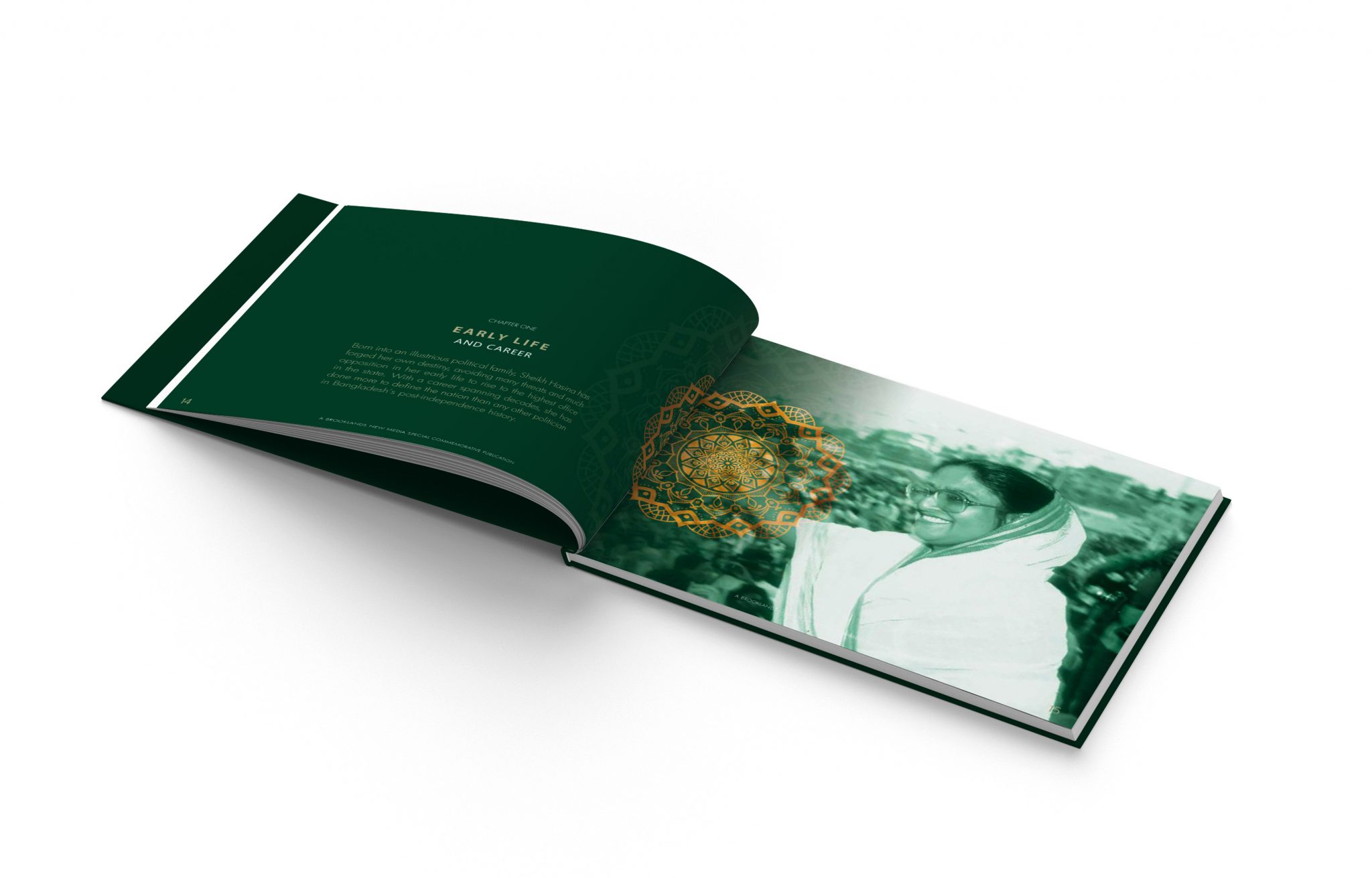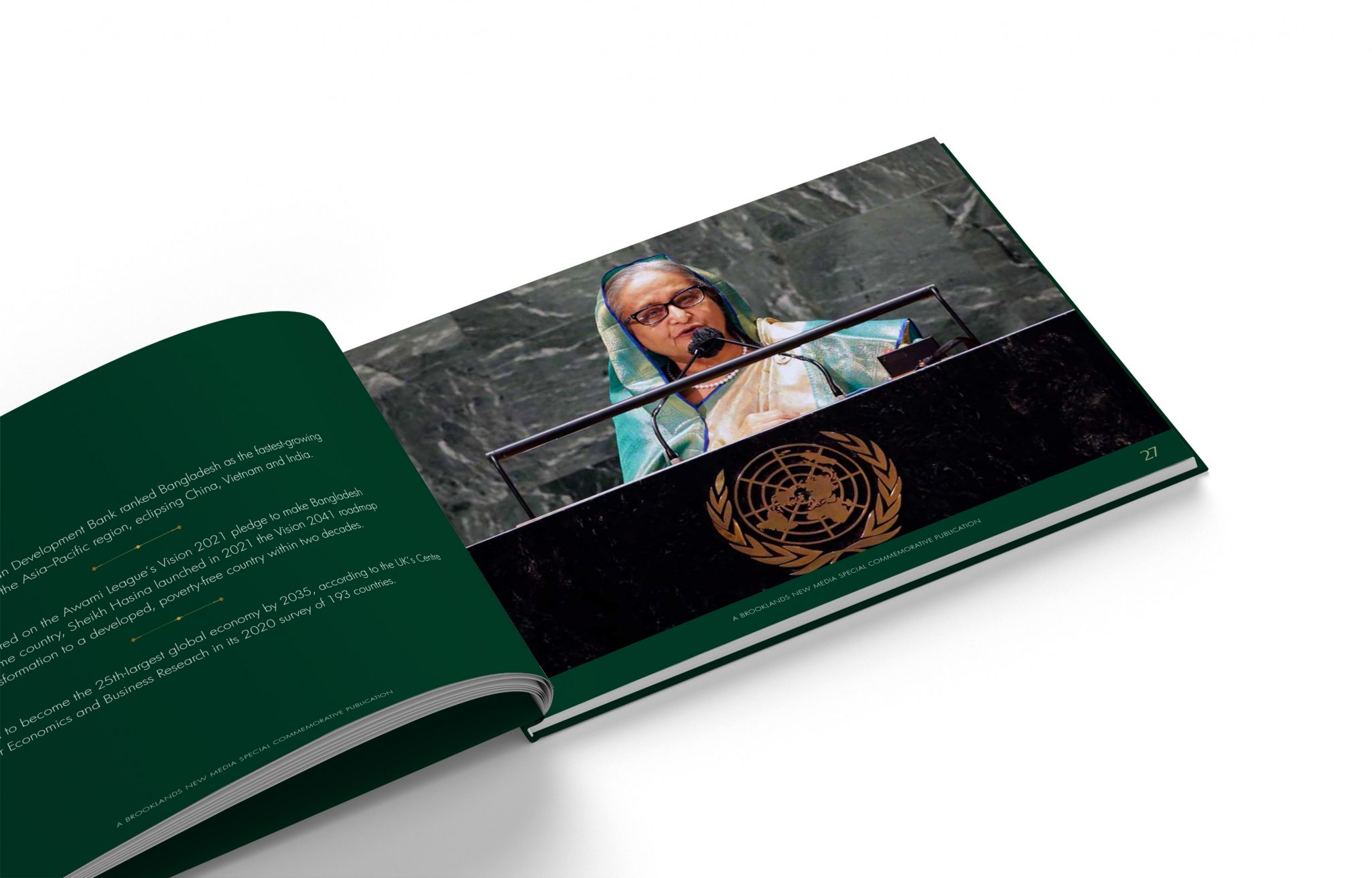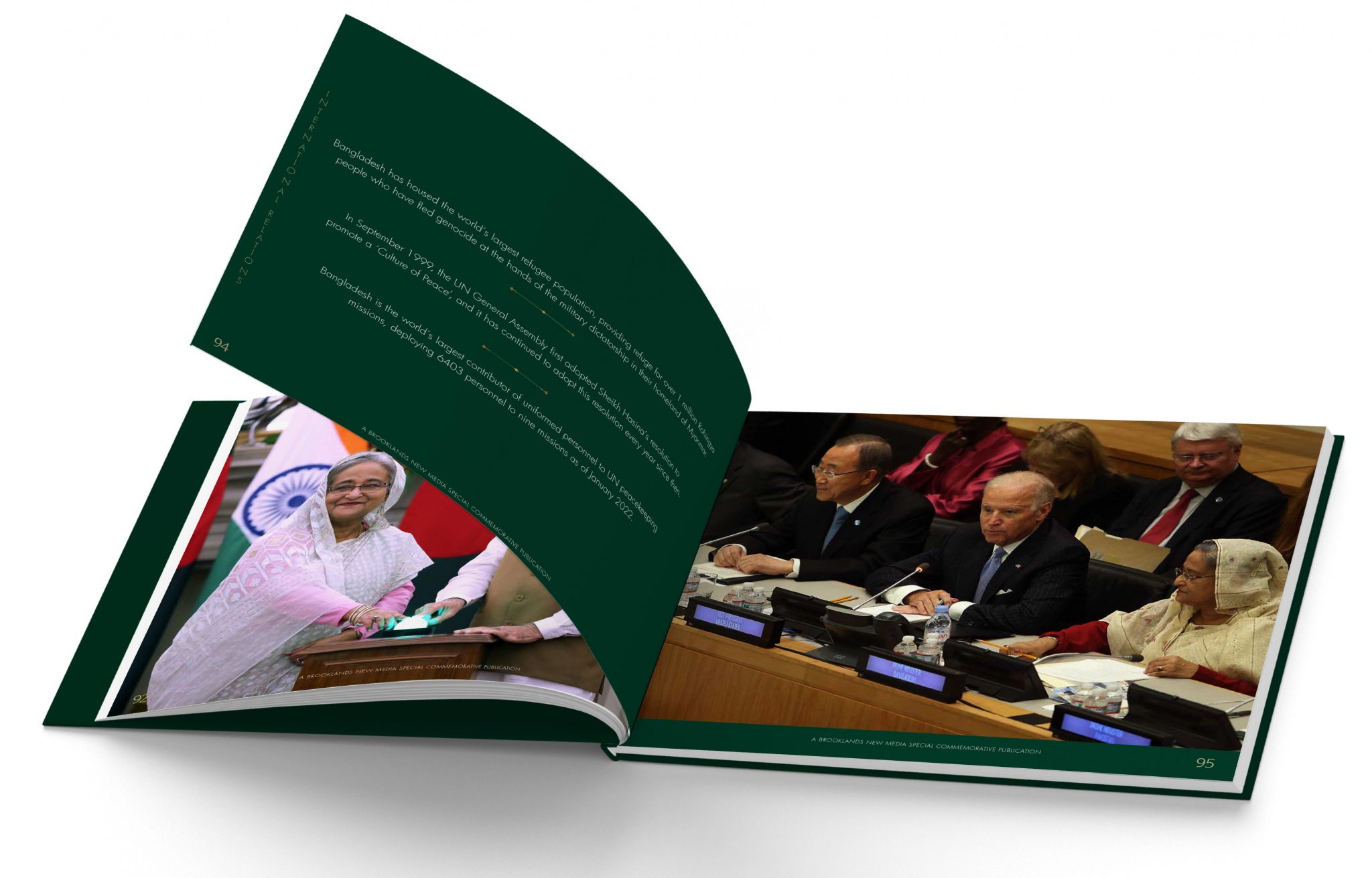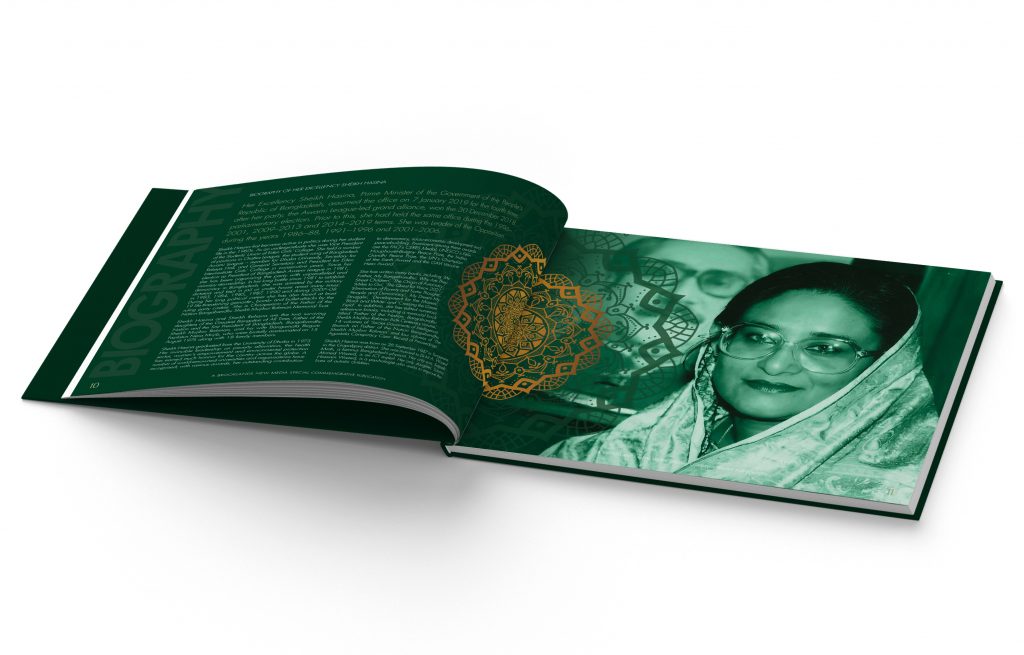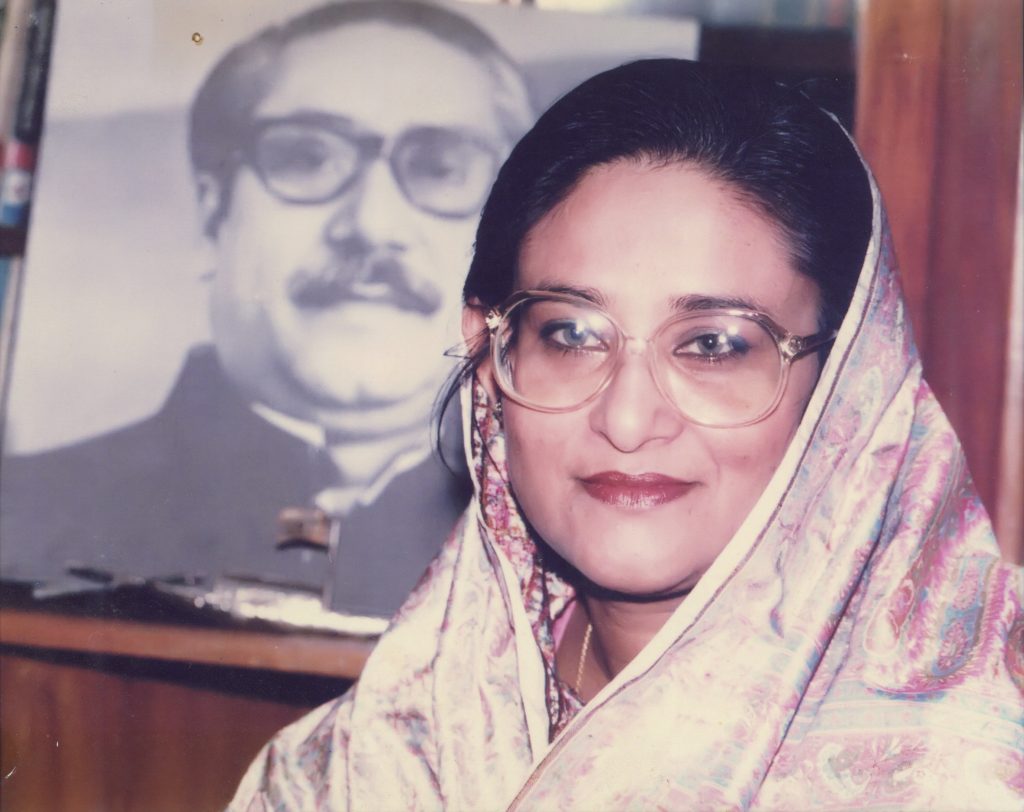
Since gaining independence in 1971, Bangladesh has undergone considerable political and economic change, and in recent years the country has made impressive progress in fostering further development, becoming one of the fastest-growing economies in the Asia–Pacific region.
Under the leadership of Sheikh Hasina, Prime Minister of the People’s Republic of Bangladesh, the government is continuing in its efforts to eradicate poverty, homelessness and illiteracy, improve life expectancy, and increase food production in line with its Vision 2041 strategy, as it seeks to transform Bangladesh into a developed economy over the next two decades.
Sheikh Hasina entered parliament as the leader of the opposition in 1986, and first served as Bangladesh’s prime minister from 1996 to 2001, making her the first person since the country gained independence to hold that office for the entire five-year term. Her second term began in 2009, after the Awami League won the 2008 elections, and she remained in office following subsequent elections in 2014 and 2018.
To achieve the goals of Vision 2041, her government is now implementing the Perspective Plan 2021–2041, with priorities including increased industrialisation, agricultural sector reform, higher productivity and exports, urban development, energy and infrastructure, sustainable growth, and the development of a knowledge-based economy. The four key pillars of this plan are governance, democratisation, decentralisation and capacity building.
This independently produced commemorative publication celebrates the vision and leadership of Sheikh Hasina by providing an impartial and objective overview of her achievements during her time in office and her plans for her country’s future development. As the government under Sheikh Hasina continues to implement its strategy for sustainable growth, Bangladesh will surely continue on its path towards greater prosperity for many years to come.
